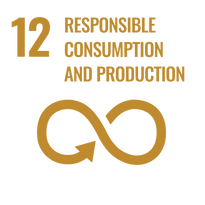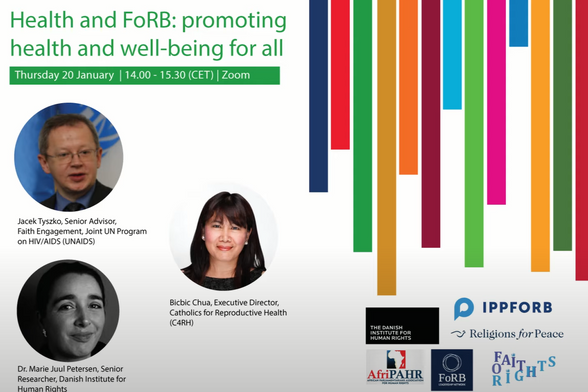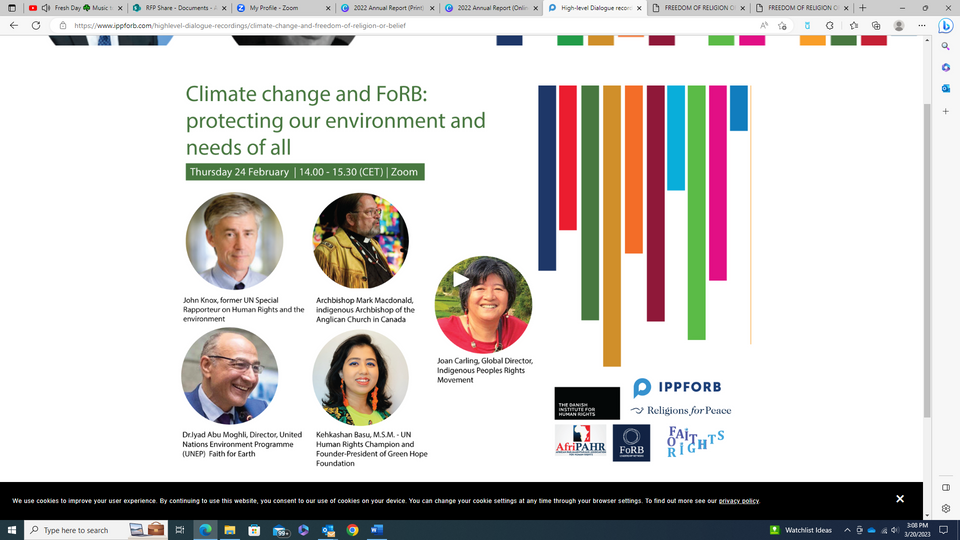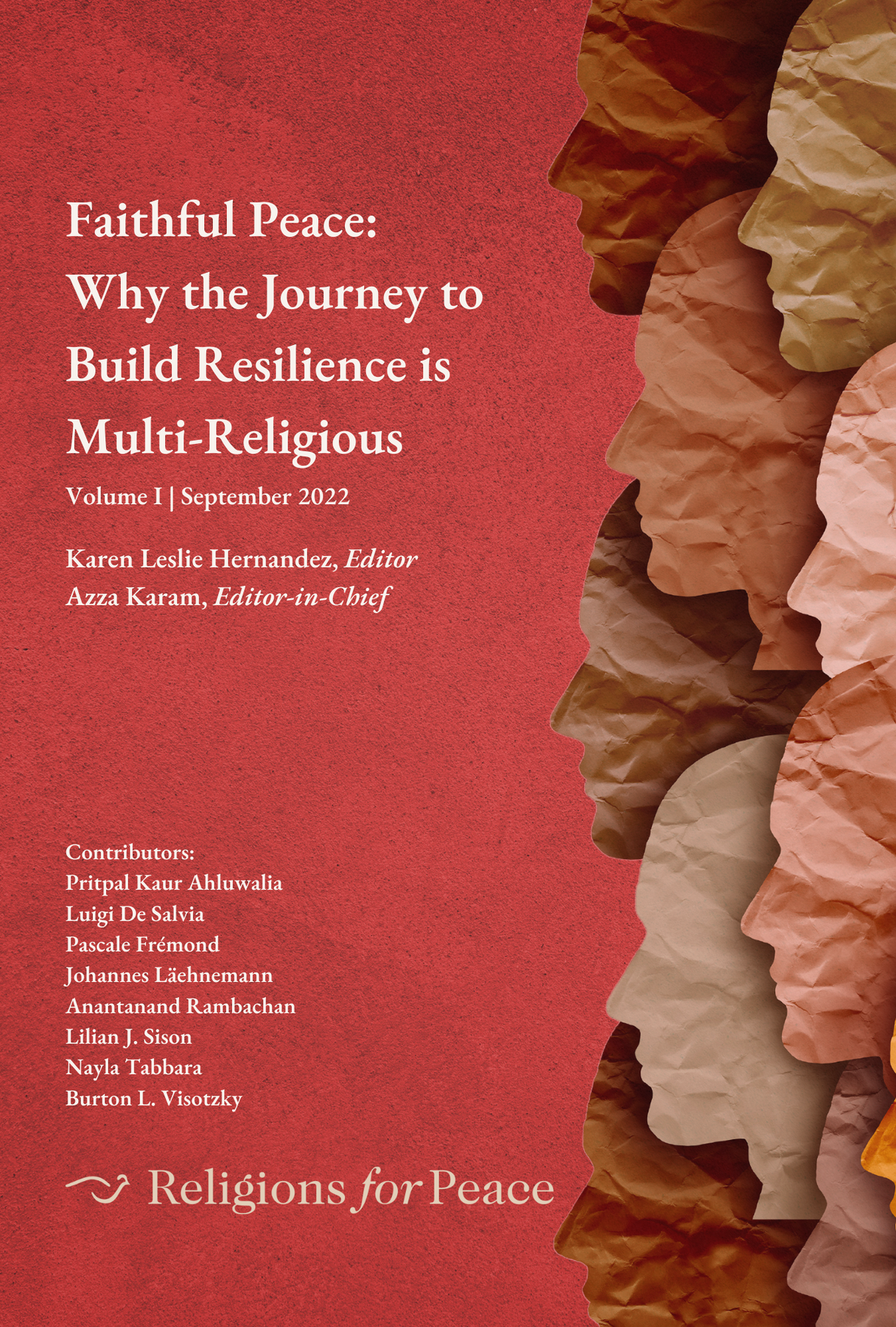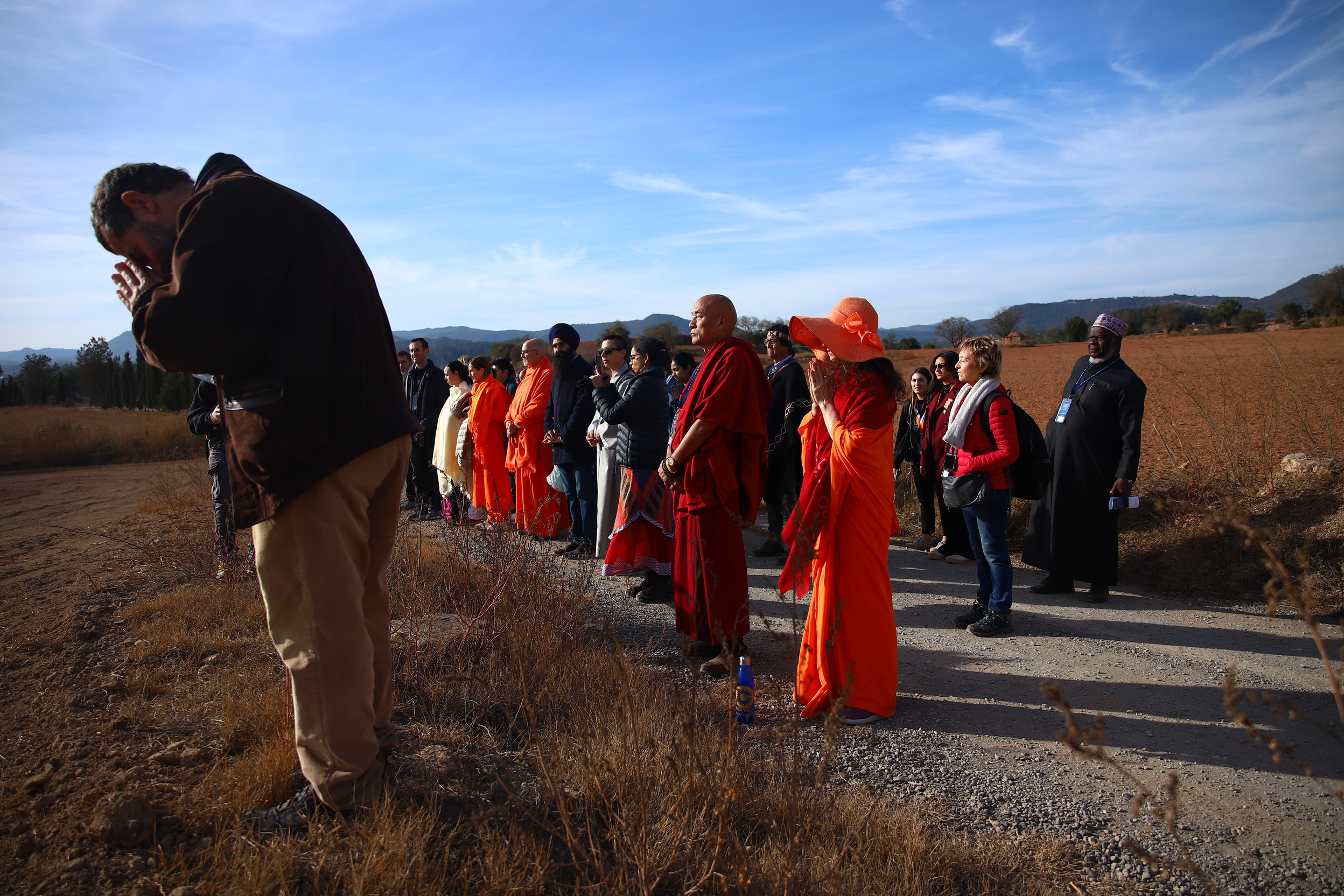

ANNUAL REPORT 2022
Copyright © 2023 Religions for Peace International
This report was prepared by Ms. Sohaa Khan, Media and Communications Specialist, and Ms. Kristine Leonardo, Programme Associate for the Multi-Religious Humanitarian Fund, Gender & Environment at Religions for Peace International.
The opinions expressed in this report are those of the International Secretariat team and do not necessarily reflect the institutional views of Religions for Peace World Council members.
FOREWORds from our co-moderators
I have served on the World Council of Religions for Peace (and also on several international interfaith platforms), for many years. I am proud of the work that my fellow faith leaders undertake to secure a genuine positive peace in its fullest sense: beyond a halt to war, an active engagement to secure comprehensive human dignity.
Religions for Peace, as this Annual Report demonstrates, serves all faith leaders and institutions, and does so with a commitment honed by over 5 decades of experience.
From my own work over many years, I can testify that multi religious collaboration, and platforms to facilitate and catalyse multi-religious services (i.e. the Religions for Peace model), can and does enlighten and serve the well being of diverse communities around the world. If we want world peace to prevail, we need to work for it, together. I know that religious leaders can be catalysts in this process.
I urge the readers of this Report to appreciate that giving of self for the sake of others - a key principal of any faith - is what is missing from our traditional multilateral worldview and institutions today. And yet, this is precisely the mission and the mode d’emploi, of Religions for Peace. Read on to see what miracles faiths can achieve together, and please join me in praying that together, we can do more to secure human dignity for each and all – i.e. positive peace.
There are many moments in 2022, where Religions for Peace's tireless activities resonate in my spiritual and practical life. For my Buddhist community – Rissho Kosei-kai - we see the mission of Religions for Peace to bring faith leaders and communities, together, to serve human dignity, in every corner of the world, as a practical implementation of Buddhists’ mission.
This is why our own commitment to serve this mission has never wavered since my grandfather, Rev. Nikkyo Niwano, co-founded this worldwide organisation in 1970. Indeed, the need for this mission has grown in relevance and criticality since then. Because it pains us to see so much suffering in our world, I cannot help but realise the need to persist, and even to increase, our individual and collective efforts.
Under the theme "Beyond War, Towards Reconciliation", we held the first Tokyo Peace Roundtable in September 2022. It facilitated the presence of religious leaders and government officials from countries involved in war or conflict and provided a forum for formal and informal face-to-face encounter, dialogue and interaction. We transcended our individual circumstances and listened earnestly to what each other had to say. No voice was excluded and no one got up and left. We came to know each other’s sufferings and we heard the unspeakable cries and pain in each other’s hearts. Even were that suffering too much to accept in its entirety, we continued being together. The unity at this Roundtable is the manifestation of our belief that “Peace is not a target, but a journey.” Even if the road ahead of us seems endless, I believe that thanks to this Roundtable, we were able to take the first step forward on this journey. On the other hand, when I think about the people whose dignity and lives are threatened even now, it is important to continue these efforts in the future.
Part of my grandfather's and father's legacies, which I am committed to, is to secure a world where the multireligious is a powerful part of the multilateral spaces of service, to protect the global common good. My community, and my own children, are actively learning to serve this noble work, and I know that Religions for Peace is an important part of our shared journeys for this positive peace.
H.E. Metropolitan Emmanuel Adamakis
Elder Metropolitan of Chalcedon
Co-Moderator & Executive Committee Member, Religions for Peace
FOREWORds from our co-preSIDENTs
I agreed to serve on the Board/World Council of Religions for Peace after being invited to represent my community in Iraq. As a veteran of multi cultural and multi religious service to social cohesion, and as someone who sacrificed for the sake of truth and accountability in the governance of my country, I believe passionately that the Almighty calls upon us all to be law abiding and God fearing.
I see Religions for Peace as more than an organisation which upholds, defends and symbolises the common good. I see it as an organisation committed to serving all faith leaders, in all parts of the world, who are committed to working together to safeguard and protect our shared habitat.
This is why I am proud to pen a Foreword to this Annual Report, which details only some of the significant multi religious collaboration which Religions for Peace catalyses on gender equality, interreligious education and knowledge building, the unique Interfaith Rainforest Initiative among many other environmental efforts, facilitating spaces for multi religious peace building efforts, as well as calling upon all of us to serve as champions of the Freedom of Thought, Conscience and Belief – the very bedrocks of democracy and social justice.
I will also use this opportunity to express my admiration for my fellow faith leaders from around the world, who stand by and make this work possible. I see you each and all, and I pray for all of humanity in these critical times.
It is humbling to be associated with the remarkable work of Religions for Peace, the most important world umbrella body for communication and cooperation between the religions of our world.
We can only be really true to our respective religious traditions when we work for the values we believe in and are passionate about, together with those from other traditions who share those same values; in order that we may be greater than the sum of our different parts.
Indeed, to fail to be engaged in such communication and collaboration, is to fail our respective traditions themselves. Accordingly, Religions for Peace actually enables us to live up to the universal challenges, obligations, and aspirations, of our various spiritual heritages.
May this wonderful body and its inspiring work documented in this report, continue to go from strength to strength.
executive summary
In this Annual Report, we share a few highlights on how Religions for Peace advances multi-religious cooperation for the common good.
In 2022, we launched the third phase of its flagship Multi-Religious Humanitarian Fund, and provided seed grants to 17 interfaith initiatives that continue to provide humanitarian assistance to over 1.5 million refugees and internally displaced peoples (IDPs) in Afghanistan, Burkina Faso, Ethiopia, Myanmar, Ukraine, Yemen, and other areas affected by violent conflict and acute health emergencies.
Religions for Peace convened several multi-religious and multi-stakeholder platforms for building just, peaceful, and inclusive societies. An illustrative example is the Tokyo Peace Roundtable, which paved the way for healing and reconciliation between religious leaders from otherwise warring countries. Similarly, we convened the Manresa 2022 International Multi-religious Forum, which culminated in the adoption of the Manresa 2022 Pact: A Multisectoral Intergenerational Answer to the Social and Environmental Crisis.
Furthermore, Religions for Peace facilitated programmes on the sideline of international meetings such as the United Nations 66th Commission on the Status of Women and Stockholm+50, as well as a number of webinars with the Council on Foreign Relations and the Freedom of Religion or Belief Leadership Network. Through these initiatives, we catalysed positive change across the globe by advancing the multi-religious imperative of engagement and collaboration of and with religious and faith actors in addressing issues such as climate change, environmental degradation, gender inequality, as well as in cultivating interreligious education, and upholding the freedom of thought, conscience, and religion.
Lastly, we collaborated with its Interreligious Councils and other longstanding partners. Religions for Peace secured 7 new partnerships, and made history as the first multi-religious organisation to sign a partnership agreement with the World Health Organisation. Prof. Azza Karam, Secretary General of Religions for Peace, also met with His Holiness Pope Francis and His Eminence, the Grand Imam of Al-Azhar, Ahmed Al-Tayeb, who gave their blessing to the work of Religions for Peace.
2022 annual report
TABLE OF
CONTENTS
Letter from the Secretary General
THE RELIGIONS FOR PEACE GLOBAL MOVEMENT IN NUMBERS
CELEBRATING RELIGIONS FOR PEACE'S MULTI-RELIGIOUS PEACEMAKERS
STRATEGIC PRIORITY: BUILDING PEACEFUL, JUST & INCLUSIVE SOCIETIES
STRATEGIC PRIORITY: Advancing Gender Equality
STRATEGIC PRIORITY: Nurturing a Sustainable Environment
STRATEGIC PRIORITY: Championing Freedom of Thought, Conscience & Religion
STRATEGIC PRIORITY: CULTIVATING Inter-religious Education
STRATEGIC PRIORITY: Fostering Multi-religious Collaboration & Global Partnerships
ADVANCing MULTI-RELIGIOUS COLLABORATION THROUGH our REGIONAL BODIES
2022 FINANCIAL SUMMARY
LETTER FROM THE SECRETARY GENERAL
I have promised myself not to repeat or innumerate the activities the remarkable team of Religions for Peace lay out here. I promise you it is only a drop in the ocean of the work of this organisation. In my faith tradition, the Almighty knows all anyway.
This Annual Report, as the forewords of our leaders testify, is but a short list of many services rendered by a global movement like no other.
In my country of birth, Egypt, we have a saying “one day older, one year wiser”. So it is more than ‘just’ 50 years of experience in multi religious collaboration. It is accumulated wisdom of faith leaders, and their institutions, and their communities – all committed to serving all peoples, together. As a common believer, I see this as Grace.
We can choose to emphasize, and only see, religions as the source of harm, pain, cruelty and injustice, over centuries. Or we can read this report, and many others, and appreciate that democracy is sustained when all faiths work to serve together. Because in working together for the sake of all, accountability becomes a sine qua non, a collateral construction, called social cohesion.
As we read these few words capturing an atom of eternity, we stand in witness, at least for a few minutes, to one of the many miracles of Creation: our faithful diversity in communion with one another through service. Because when religious institutions and faith communities collaborate to serve the needs of all, regardless of any distinctions, those are the moments, and the spaces, when the Divine embraces all.
Or so I believe.

Long before there were governments, there were - and will always be - faith communities.
In times of need and crisis, religious communities are often more present, and more active in many places than official governments.
2

Advancing MULTI-RELIGIOUS COLLABORATION for over 50 years
Religions for Peace is the world’s oldest, largest and most representative multi-religious leadership platform, advancing common action among the world's faith communities. Unlike any other interfaith organisation, Religions for Peace works through legally registered, representative, multi-religious platforms (Interreligious Councils) in over 95 countries and 6 regions. We convene to catalyse and promote multi-religious collaboration for the common good.
3
Religions for Peace leaders during the Manresa 2022 International Multireligious Conference
What we do
The work of Religions for Peace is driven by Six Strategic Priorities, identified by the world’s religions as the most urgent challenges our world faces today.
These priorities align with the global agenda agreed upon by the 193 United Nations Member States: the Sustainable Development Goals (SDGs).
4
HOW WE WORK
CONVENE
Religions for Peace serves as the world's premier convenor of the world's faith leaders and religious institutions by facilitating spaces of collaboration both within Religions for Peace, and in larger multilateral spaces such as the United Nations.
CATALYSE
Religions for Peace's Interreligious Councils (IRCs), mobilising across 90+ countries, are our mechanisms for multi-religious cooperation on the ground. Our global interfaith women and youth networks catalyse grassroots leadership and innovation in our strategic areas of collaboration.
COLLABORATE
Religions for Peace facilitates a unique platform by which the world’s religious institutions work together, and with other sectors, to serve all communities.
5

the religions for peace global MOVEMENT
100+
Religious leaders representing the world's different faith traditions and leading the global movement through the World Council, which serves as the governing board for Religions for Peace
Affiliated national Interreligious Councils (IRCs)
90+
Years of bringing the world's religions together for peace
50+
Interfaith initiatives supported by the Religions for Peace flagship Multi-Religious Humanitarian Fund
37
World Assemblies to build consensus on the global peace priorities of the world's religions
10
Strategic Priorities aligned with the United Nations Sustainable Development Goals
6
Global, multi-religious, intergenerational movement for peace
1
6
CELEBRATING RELIGIONS FOR PEACE'S
MULTI-RELIGIOUS PEACEMAKERS
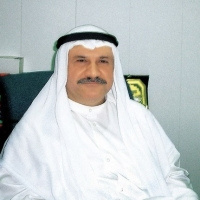
Mr. Abdul Ilah Marafie, awardee of the Multi-Religious Peacemaker award
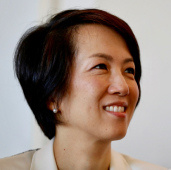
Rev. Kosho Niwano, awardee of the Multi-Religious Peacemaker award
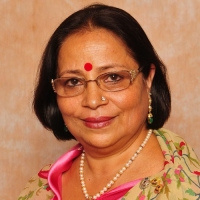
Mrs. Aruna Oswal, awardee of the Multi-Religious Peacemaker award
Religions for Peace signed a partnership agreement with the University of Notre Dame's Ansari Institute for Global Engagement with Religion to collaborate in the advancement of interreligious work and education.
The partnership was formally announced during the Nasr Book Prize Symposium, in which we honoured Mr. Abdul Ilah Rafie Marafie, Rev. Kosho Niwano, and Dr. Aruna Oswal with the lifetime achievement Multi-Religious Peacemaker award, in recognition of their stellar leadership and systematic contributions to global efforts for peace.
7
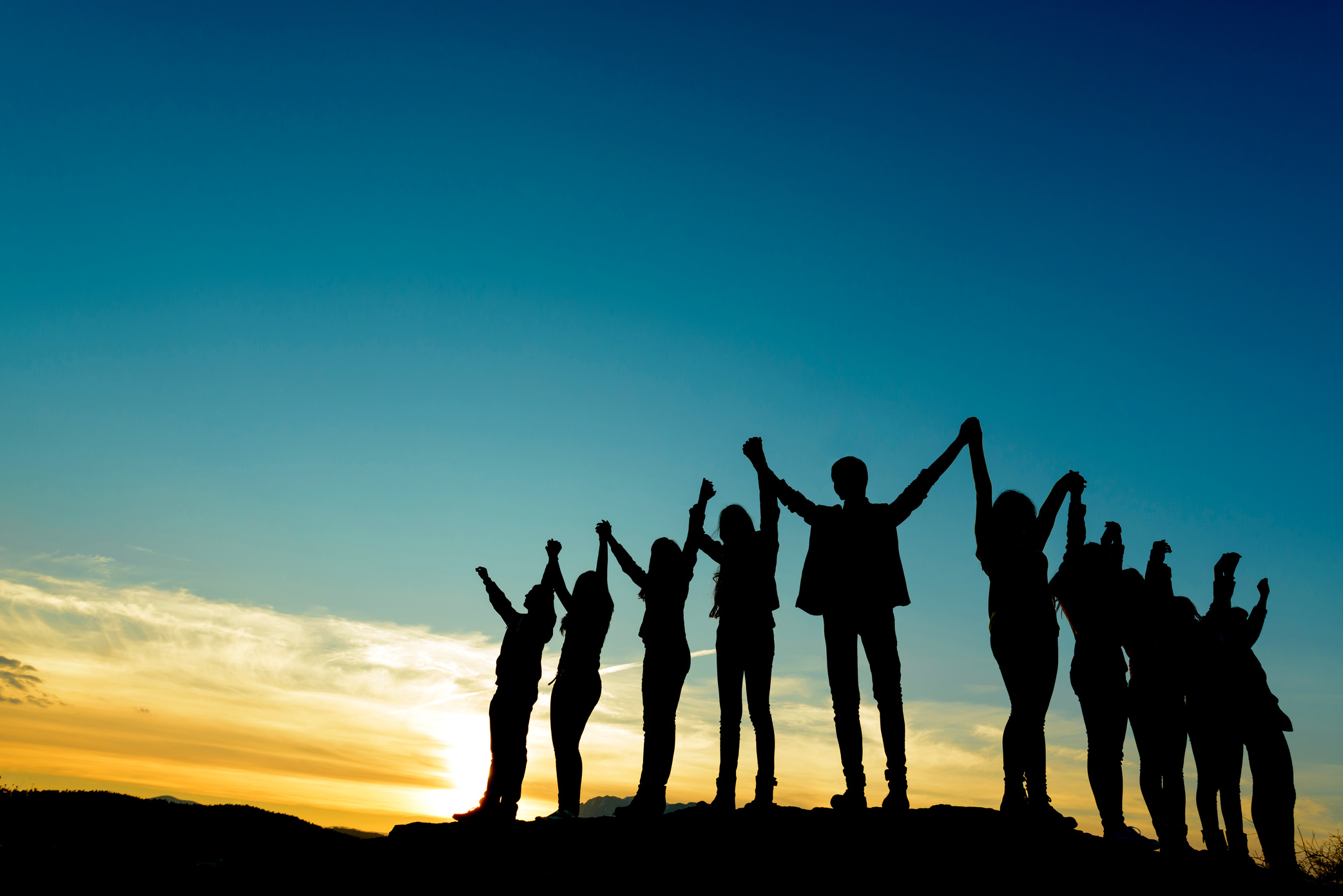
STRATEGIC PRIORITY
BUILDING Just, Peaceful & Inclusive Societies
8
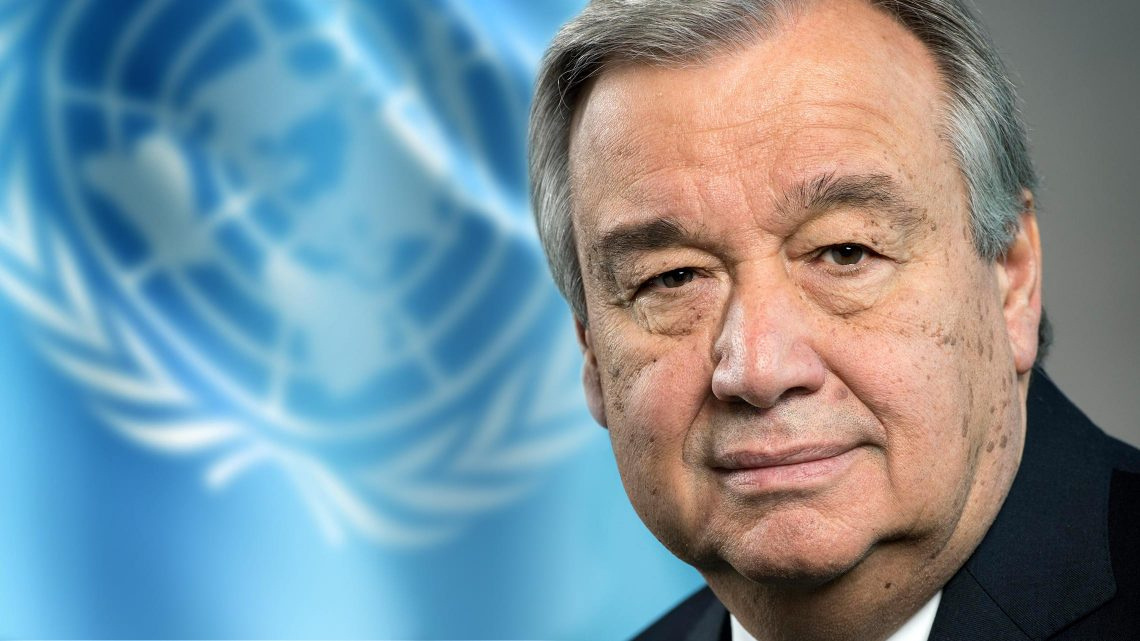
I hope that Religions for Peace's Multi-Religious Humanitarian Fund will scale up COVID-19 relief efforts... Religious leaders and faith actors have an important role to play in mobilising their respective communities around peace, unity, and compassion.
H.E. António Guterres
United Nations Secretary General
Photo courtesy of the United Nations. H.E. Mr. António Guterres, United Nations Secretary-General
9

OUR RESPONSE TO GLOBAL CRISES HAS REACHED OVER 14 MILLION PEOPLE IN 30 COUNTRIES ACROSS 5 REGIONS
In March 2020, the World Health Organisation declared COVID-19 a pandemic. Within weeks, Religions for Peace responded by launching a unique mechanism through which all religions can work together - the Multi-Religious Humanitarian Fund. Religions for Peace provides seed grants to support interfaith initiatives that aid the most vulnerable across the globe.
Three years later, the Fund has had a significant global impact. In total, Religions for Peace has supported 37 interfaith initiatives that have reached over 14 million* people. Religions for Peace remains committed to reach as many vulnerable populations as possible, especially those affected by health emergencies, climate change, violent conflict, forced displacement, and other concurrent global crises.
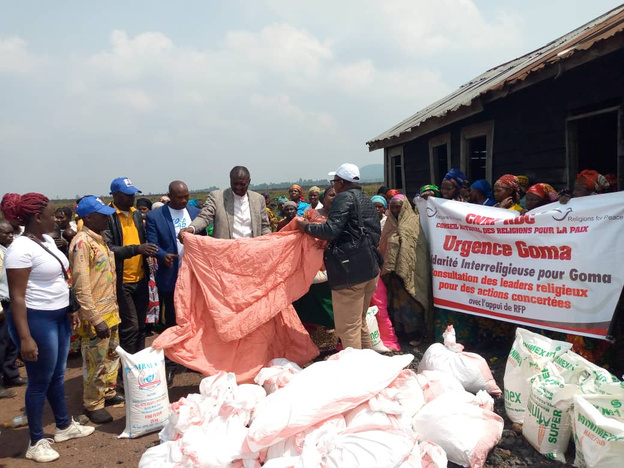
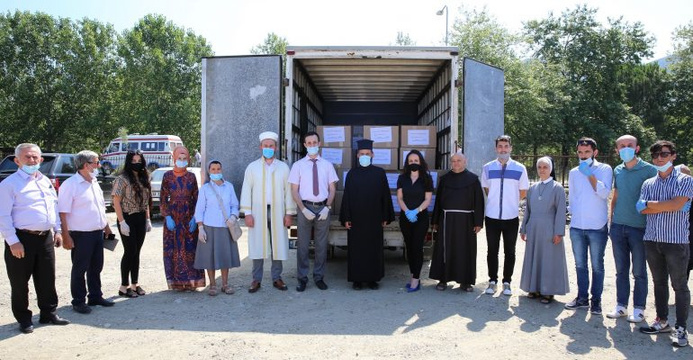
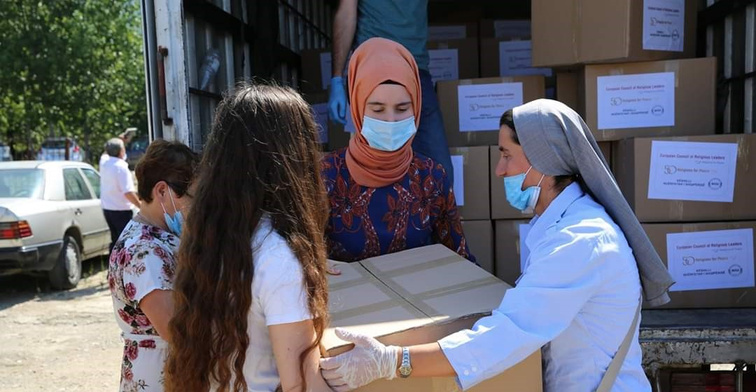
Faith leaders bring humanitarian relief to the diverse communities of Goma (MRHF Phase 1)
Faith leaders distribute urgent supplies to orphans and vulnerable families in Albania (MRHF Phase 1)
Faith leaders work with local youth to distribute urgent supplies to orphans and vulnerable families in Albania (MRHF Phase 1)
*Please note: this figure is cumulative (total from beginning of response that includes data from 2020-2022)
10
WE CATALYSE
HOW RELIGIONS FOR PEACE CHANGES LIVES
"When the gangs invaded the area, my family and I had to move out and take refuge to Cabaret, where we had to get a room at a motel for several days. As the exams were coming up, I thought I would lose the rest of the academic year because my parents would not have the money to pay off the last semester. God came to our rescue through Religions for Peace and this project, and for that I am very thankful.”
- Testimonial received by Religions for Peace Haiti Youth Council (grantee)
"We would like to express our gratitude for the Multi-Religious Humanitarian Fund... many families, including children and pregnant women received help from this fund.
- Religions for Peace Myanmar (grantee)
"The hospital is currently being repaired and cleaned up after the terrible destruction... We are sincerely grateful for the support for the people of Ukraine."
- Testimonial received by Hungarian Unitarian Church (grantee)
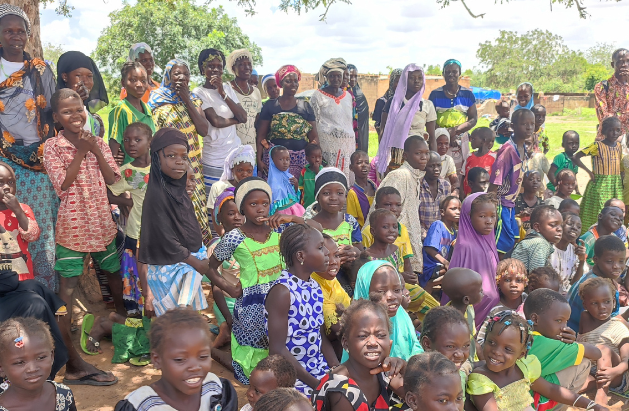
Internally displaced children gather for board games after distribution of medicine and relief goods
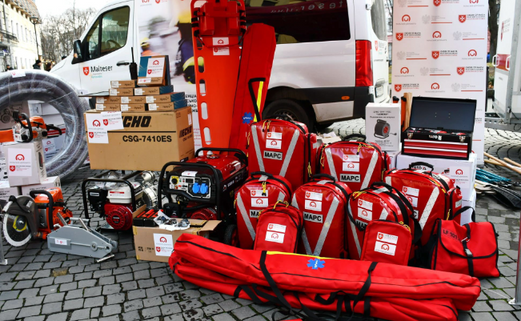
Essential medicine and relief goods ready to be distributed
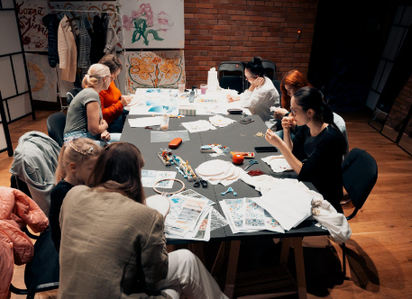
Trauma healing sessions for IDPs through art workshops
WE CATALYSE
HOW RELIGIONS FOR PEACE CHANGES LIVES
"We abandoned everything to come here. We are very happy because you have put a smile on the faces of all the people living in this camp. We are getting help being here but our dearest wish is to go back home. We pray to God that the government will facilitate this..."
- Interview by the International Youth Catholics Students Africa (grantee) with a representative of IDPs
“I am a single mother and have to take care of four children on my own. I was doing a small commerce activity and this only source of income could not sustain all [my] expenses... these funds that I received from Religions for Peace were a life savior. I used part of it to finish paying off the academic year for my youngest child and used the rest to reinforce my small business."
- Testimonial received by Religions for Peace Haiti Youth Council (grantee)
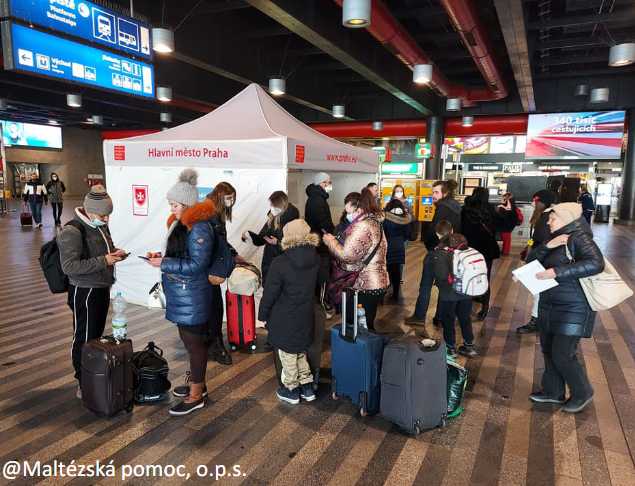
MRHF Phase III grantee distributing hot meals to IDPs at a train station

Internally displaced child receiving a toy from MRHF Phase III grantee relief distribution desk
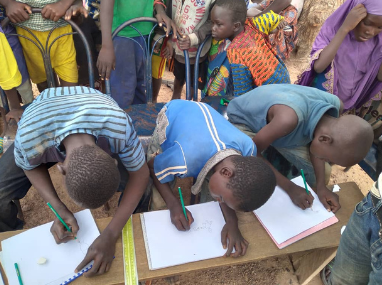
Internally displaced children receiving psychosocial supporrt through art and games

the multi-religious humanitarian fund
phase 3
In 2022, we launched the 3rd phase of the Multi-Religious Humanitarian Fund and provided seed grants to 17 interfaith initiatives that aid refugees and those displaced by conflict in:
- Afghanistan
- Bangladesh
- Burkina Faso
- Cameroon
- Colombia
- Ethiopia
- Haiti
- Myanmar
- Syria
- Ukraine
- Yemen
1,568,254
refugees and internally displaced peoples (IDPs) reached across the globe
15,243
733
365,000
IDPs, including children, benefitted from trauma healing and psychosocial support services
over-the-counter essential medicine distributed to collective shelters
hot meals distributed at border crossings and train stations across 65 cities in Ukraine
12,910
317
5,500
families provided with financial assistance, temporarily alleviating food insecurity
tonnes of relief goods distributed to IDPs
young people were able to continue their education
Please note: all figures include impact data from 9 out of 17 interfaith initiatives. The reporting periods of other initiatives are still in progress.
13
WE CONVENE
Interfaith Prayers for World Peace
In May 2022, Religions for Peace issued a joint statement with UNIAPAC to deplore the war in Ukraine, which "represents a critical moment for humanity to accept its collective responsibility."
This culminated in the Interfaith Prayers for World Peace, when Religions for Peace advocated for human fraternity, in recognition of our common responsibility to protect each other - irrespective of all differences.
"[The] interfaith prayer for world peace falls in line with Pope Francis’ desire for people of all religions to join in spirit to pray for an end to conflict and war." (Watkins, Vatican News)
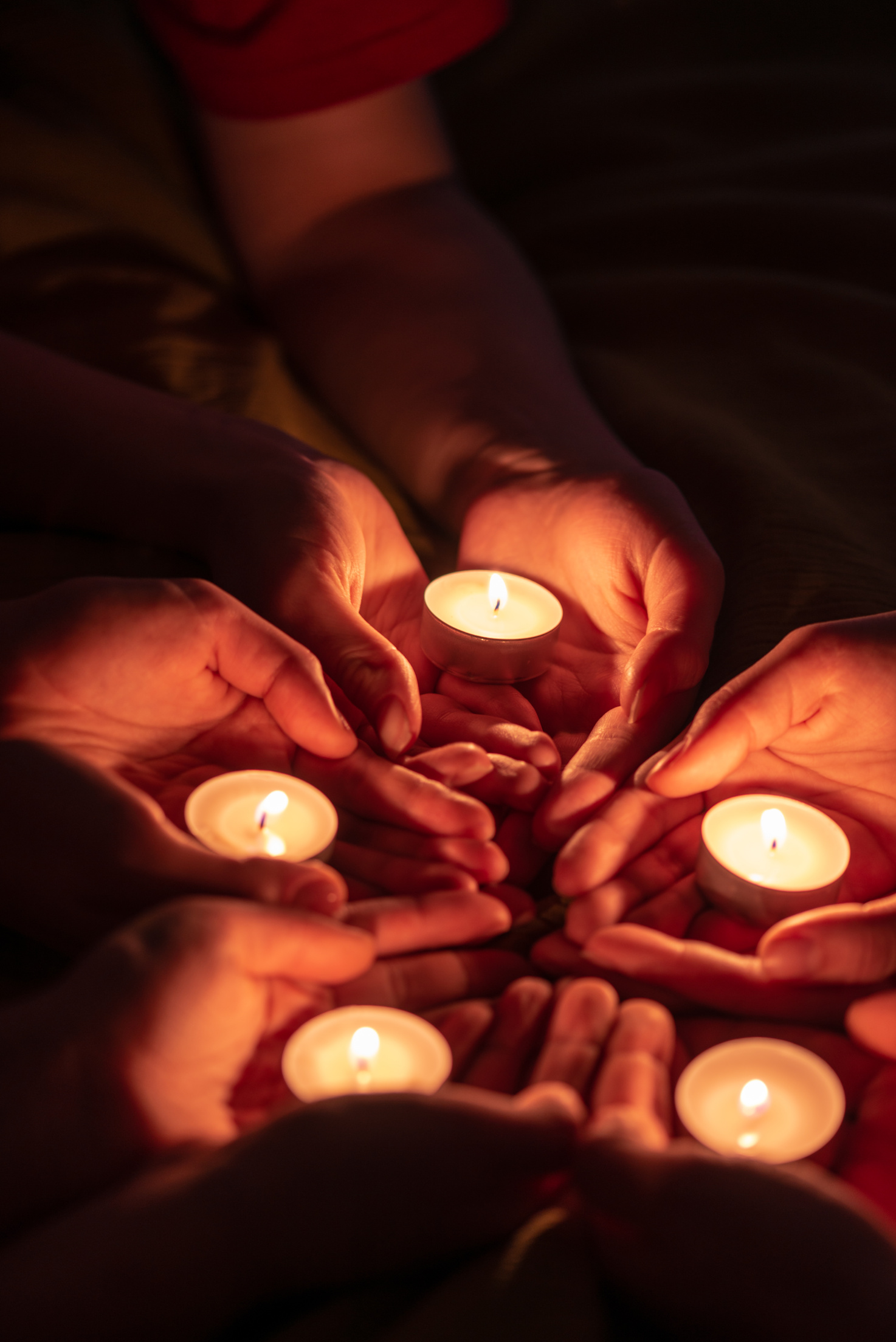
14
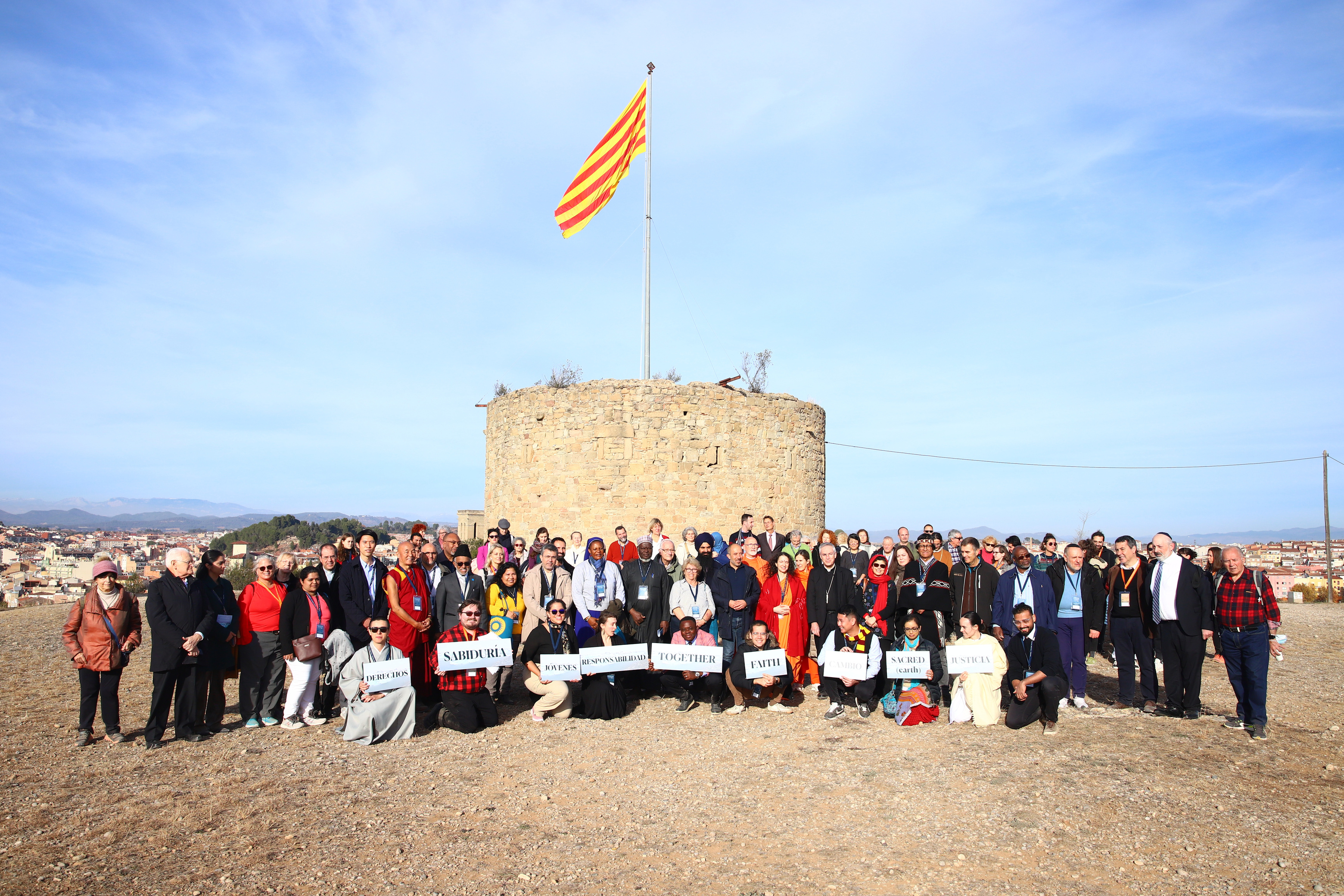
MANRESA 2022
INTERNATIONAL MULTI-RELIGIOUS FORUM
MANRESA, SPAIN
In commemoration of the 500th anniversary of St. Ignatius of Loyola’s pilgrimage and stay in the city of Manresa, Religions for Peace convened "At a Crossroads: An Intergenerational & Multi-Religious Response to the Social and Environmental Crisis" - a multi-faith, multi-sectoral, and multi-stakeholder platform where over 2,000 in-person and virtual participants laid the groundwork for tangible solutions to social and environmental crises, including the lack of housing, food and water insecurity, and inequitable healthcare and education.
15
WE CONVENE
WE CONVENE
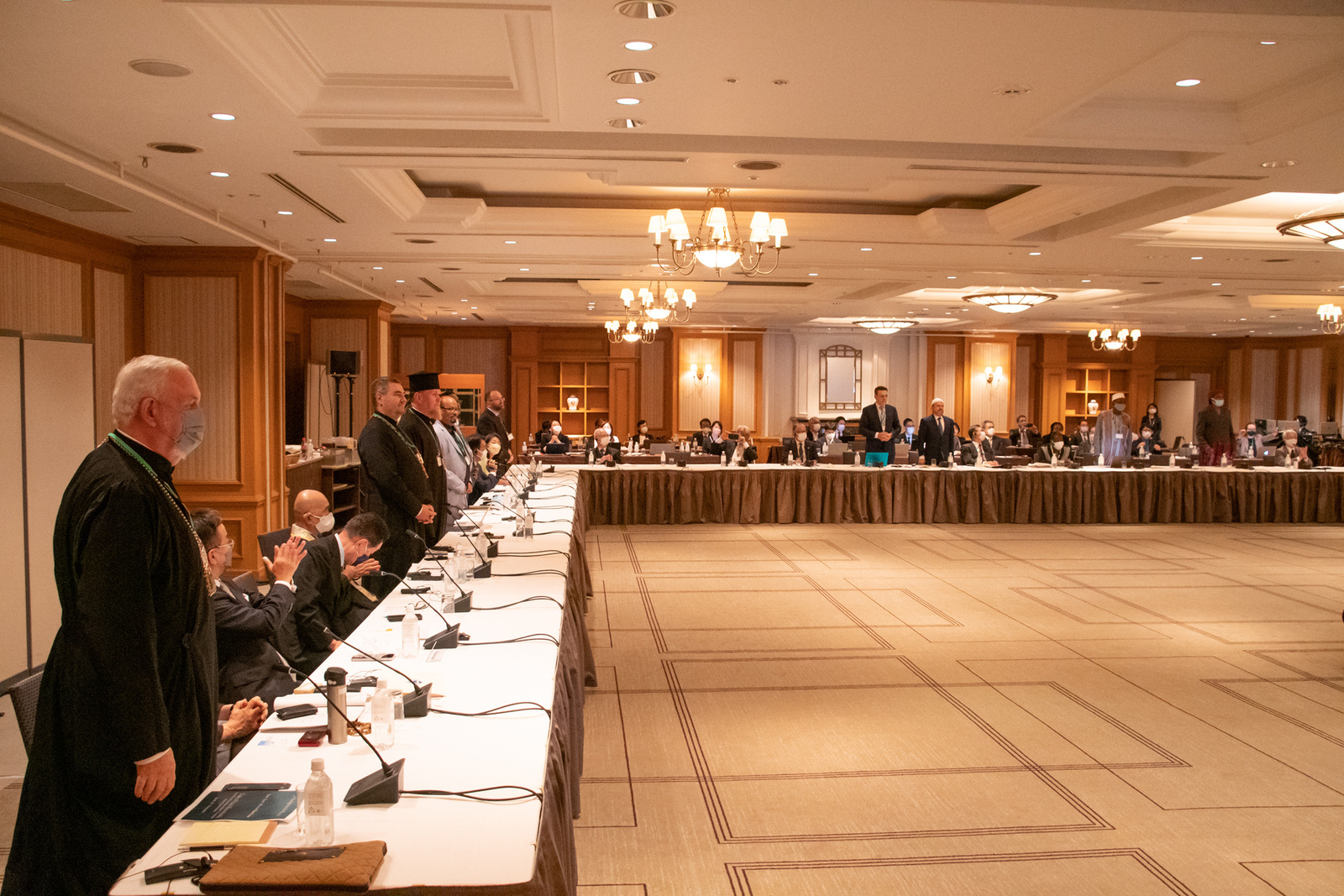
Religions for Peace launched the "Beyond War and Towards Reconciliation: Convening Multi-Religious Peace Roundtables" to expedite the cessation of violence, facilitate reconciliation, and restore peace in war-affected countries.
The inaugural convening of the Tokyo Peace Roundtable created a 'safe space' for religious leaders from otherwise warring countries – including Ethiopia, Myanmar, South Sudan, Russia, and Ukraine – to inspire each other to rebuild broken infrastructure, heal social divisions, redress trauma, and foster forgiveness and reconciliation.
In the official statement, the religious leaders affirmed their commitment to reconciliation processes and to continued dialogue out of shared belief that their faiths compel them “to serve a lifelong pilgrimage of justice, to witness, and to speak truths.”
Religious leaders and policymakers during the Tokyo Peace Roundtable in Tokyo, Japan (2022)
16
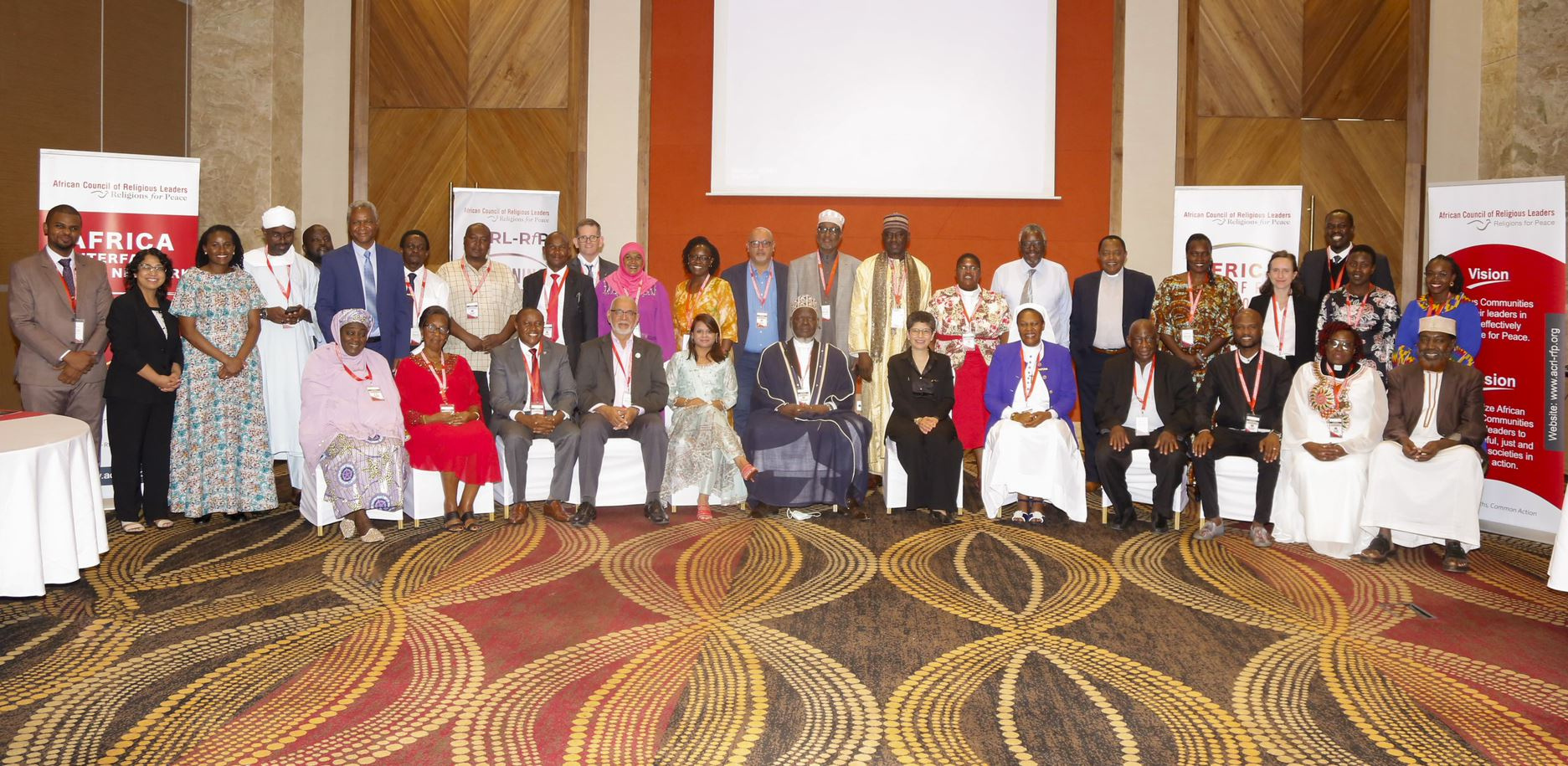
WE CONVENE
NAIROBI, KENYA
In the official communique on "Africa Interfaith Roadmap to Agenda-2063: Saving the Environment, Securing Peace," 31 diverse African religious leaders emphasised the disproportionate impact of climate change on African communities, and how it precludes the realisation of the vision outlined in the African Union's AGENDA 2063: The Africa We Want - the blueprint to transform Africa into the global powerhouse of the future. The religious leaders also issued a Multi-Faith Call to Humanity and a Commitment to Work in Joint Service, and committed to join efforts to seek peaceful settlements to the conflicts in the region and ensure the rights and dignity of all.
17
WE CATALYSE
FPCC is a global partnership between Religions for Peace, UNICEF, and the Joint Learning Initiative (JLI) to ensure that development partners and FBOs work together to facilitate transformation in communities.
Through the FPCC joint initiative, Religions for Peace strengthened multi-religious collaboration for children in 30 countries across 4 regions. Religions for Peace directly supported 20 IRCs to facilitate dialogue focusing on structured stakeholder engagement and positive behavior outcomes for children.
Religions for Peace secured sustainable partnerships and commitments with UNICEF, Rissho Kosei-Kai and collaborations with regional offices in Africa, South Asia, the Middle East and North Africa, and Latin America & the Caribbean. These partnerships serve as a framework for continued engagement of Religions for Peace's regional and national networks, collaboration with other faith actors, increased evidence generation on multifaith approaches for children, and context-specific advocacy on better outcomes for children.
18
WE CATALYSE
Building on the 2021 South Asia High-Level Forum for Faith Actors, Religions for Peace brought together over 100 religious leaders, faith actors, FBOs, and UNICEF South Asia representatives to develop the first South Asia Regional Faith and Positive Change for Children (FPCC) Strategy.
As affirmed in the official statement, Religions for Peace created spaces of collaboration for faith actors to ensure child rights and well-being; equipped faith actors, women of faith and interfaith youth with resources within the Mind and Heart Dialogue approach; and engaged the government for the enforcement of laws to protect child rights.
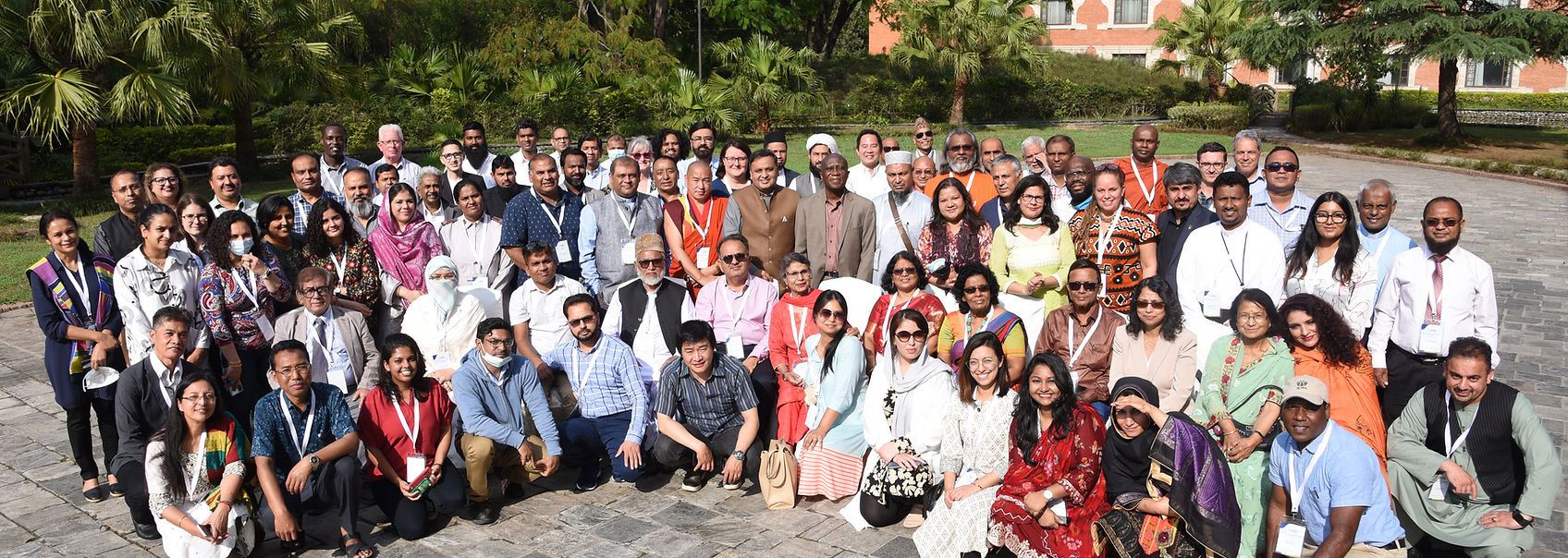
19
WE CATALYSE
The Mind-Heart Dialogue is an experiential learning process that supports faith groups and development partners to work together to protect and empower children, families and communities.
Religions for Peace trained over 80 Inter-Religious Council (IRC) and FBO nominees from eight countries as national Mind-Heart Dialogue teams. Male faith leaders, women of faith, and interfaith youth are now supporting their IRCs to set up a Multi-Faith Advisory Committee on Children that brings faith leaders, FBOs and UNICEF together to identify shared priorities and affect positive change for children. They are integrating the Mind-Heart Dialogue into their IRC's internal structures and mechanisms, as the foundation for multi-religious and multi-stakeholder collaboration around the protection and empowerment of children.
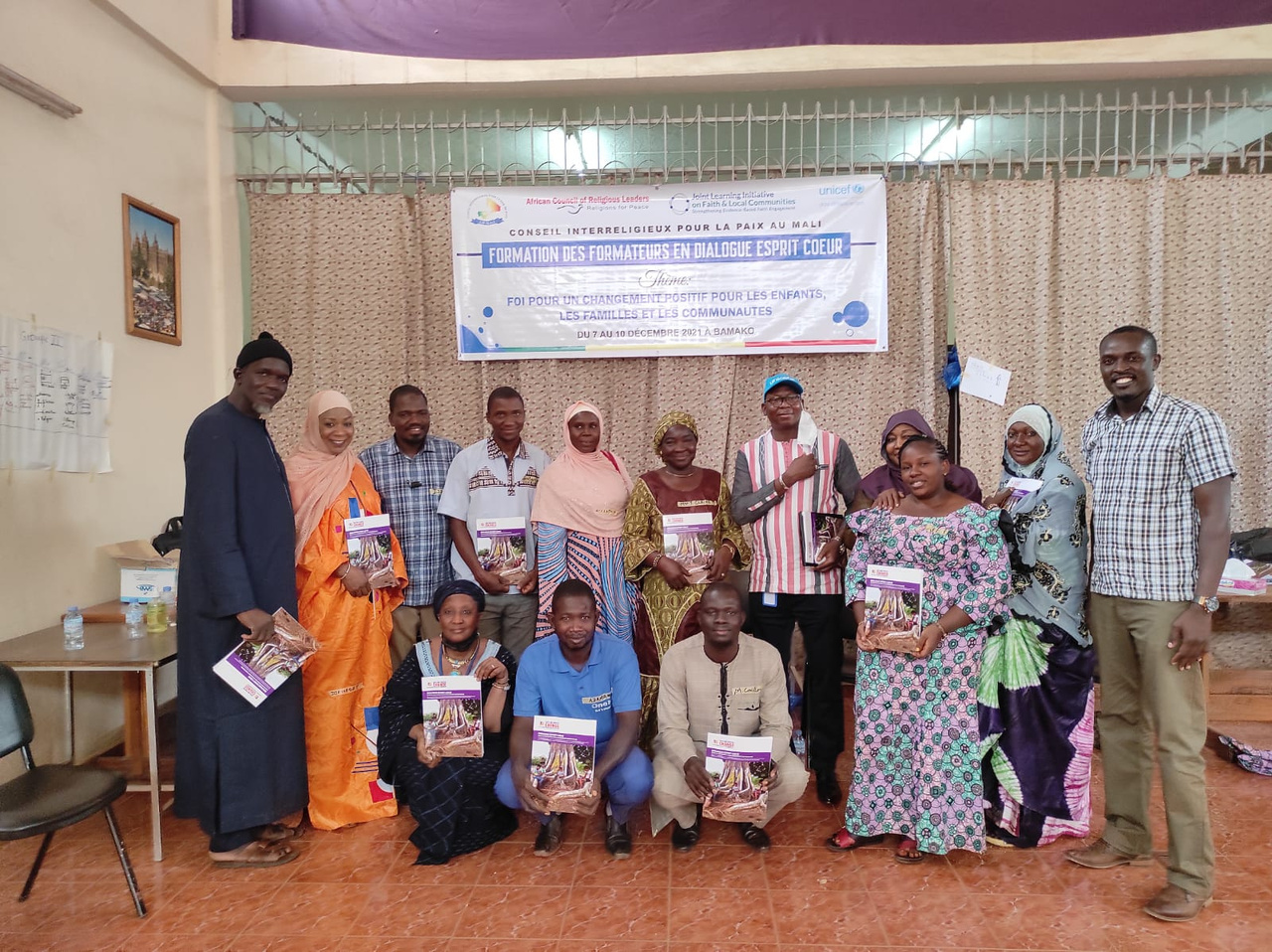
20
WE CATALYSE
South Asia Youth
Online Campaign
In celebration of World Children's Day 2022, Religions for Peace partnered with the Asian Conference of Religions for Peace (ACRP) to mobilise chapters in South Asia in the development of a Regional Faith Engagement Strategy on Children Issues.
Religions for Peace India Youth Committee launched social media campaigns to raise awareness on child labor, child marriage, malnutrition & trafficking. Sri Lanka Council of Religions for Peace and Religions for Peace Bangladesh raised awareness through the 'Drug Free Lanka' campaign, and the 'Preventing Violence against Children and Child Abuse' campaign, respectively.
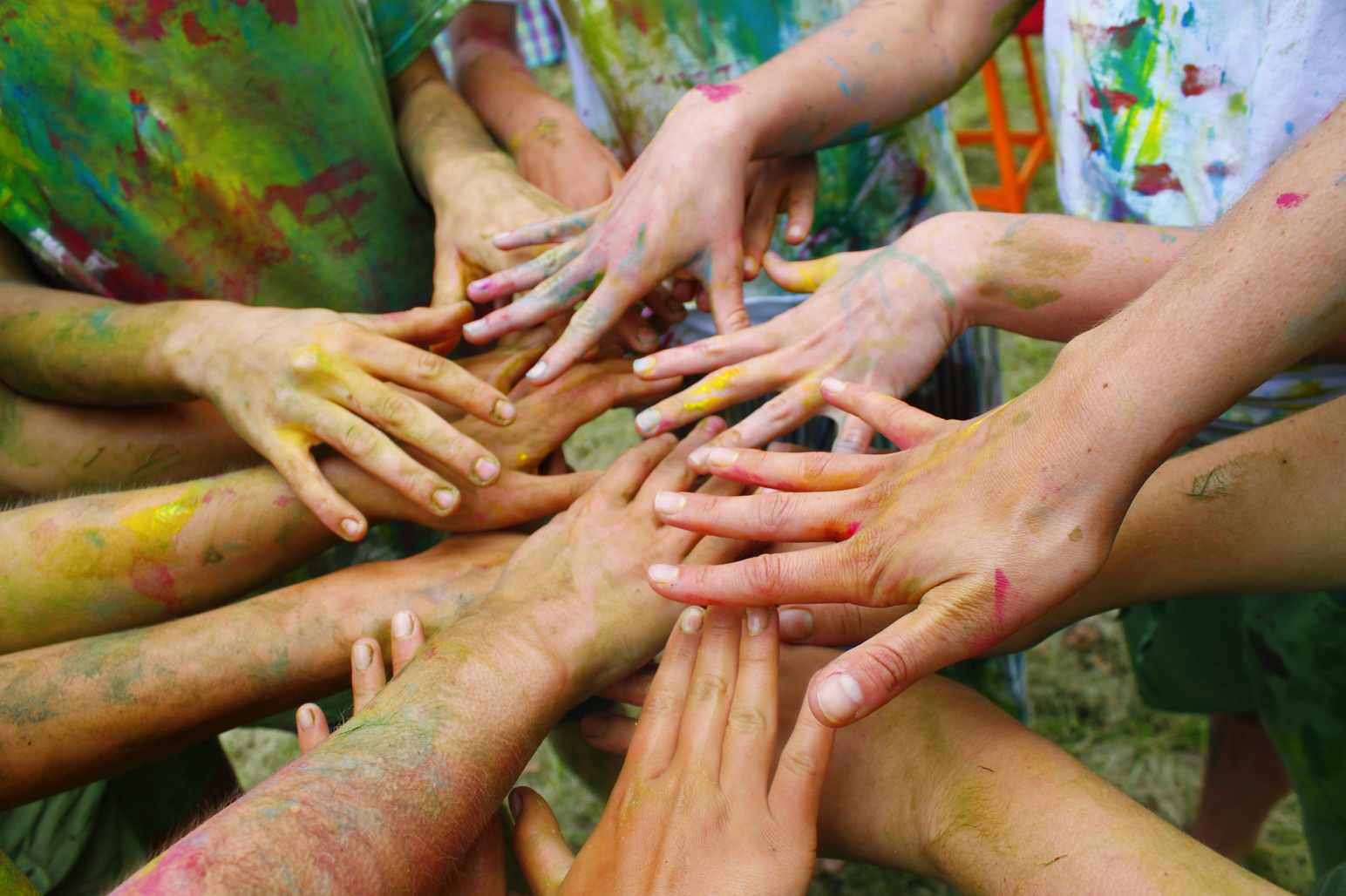
21
WE COLLABORATE
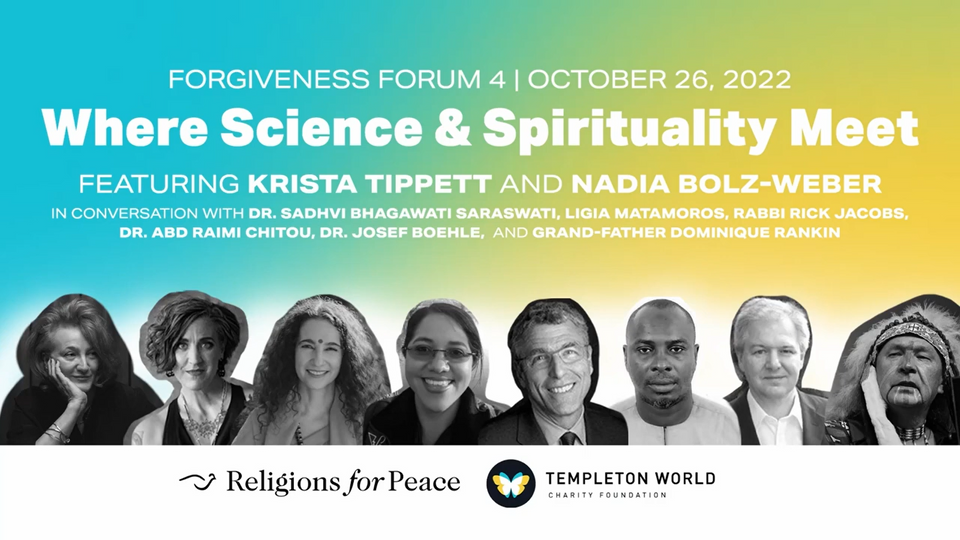
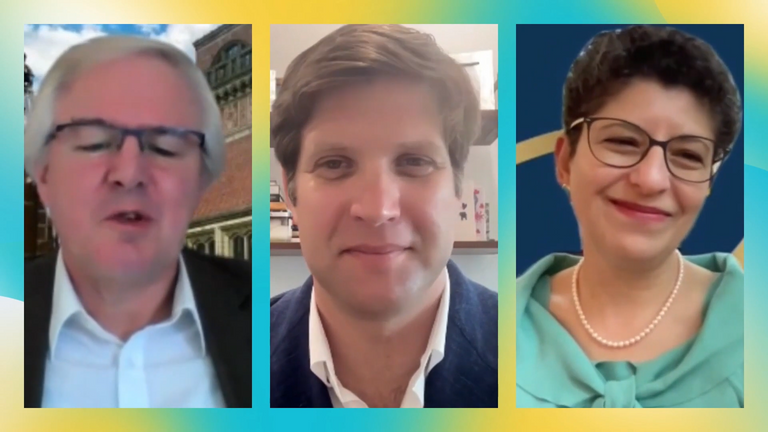
Science and spirituality are often framed as being in conflict with each other. In partnership with the Templeton World Charity Foundation, Religions for Peace convened leaders from five of the world’s major religious traditions, who bridged the gap between science and spirituality by highlighting how the practice of forgiveness - shared across all religions - can bring spirituality and science together to complement each other and advance the same goals.
22
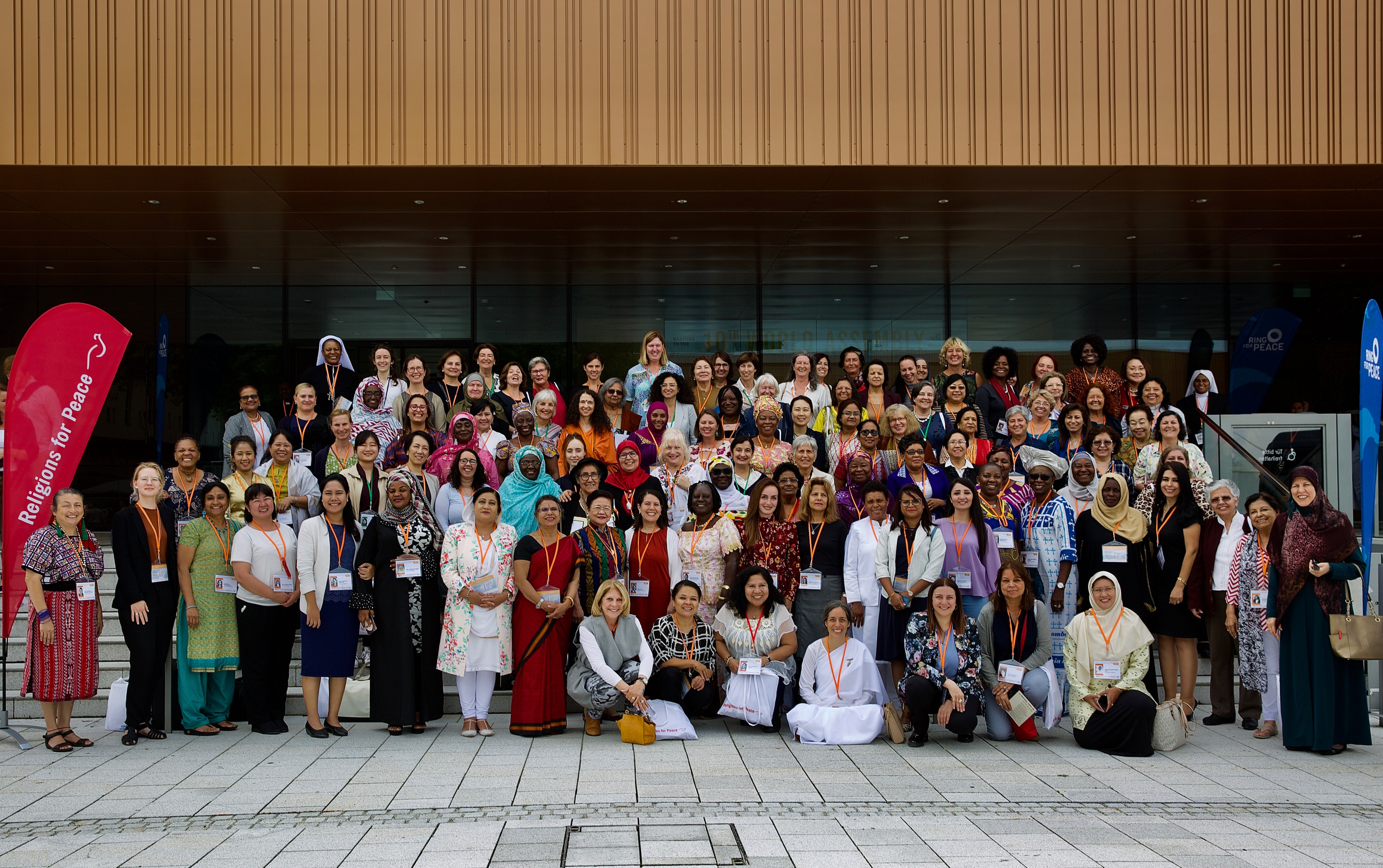
STRATEGIC PRIORITY
ADVANCING GENDER EQUALITY &
THE EMPOWERMENT OF WOMEN
Women of faith and leaders during the10th World Assembly in Lindau, Germany (2019)
23

UNITED NATIONS
66th commission on the status of women (csw66)
Under the CSW66 theme of "Achieving gender equality and the empowerment of all women and girls in the context of climate change, environmental and disaster risk reduction policies and programmes," Religions for Peace hosted three events, attended by around 300 in-person and virtual participants across the globe.
- The Art Exhibit on "Women Envisioning the Divine: Multi-Faith Inspiration from Africa;"
- The joint high-level dialogue on "Religions and Women’s Rights: Principled Engagement and Mutual Accountability "
24
WE CATALYSE
WE CATALYSE
CSW66 Art Exhibit
In partnership with the Permanent Mission of the African Union to the United Nations, and the Permanent Mission of the Republic of Chad to the United Nations, Religions for Peace showcased various art pieces that reflect the multi-faceted roles of women within our society, created by young African women. The art exhibit was held during the 66th Commission on the Status of Women.
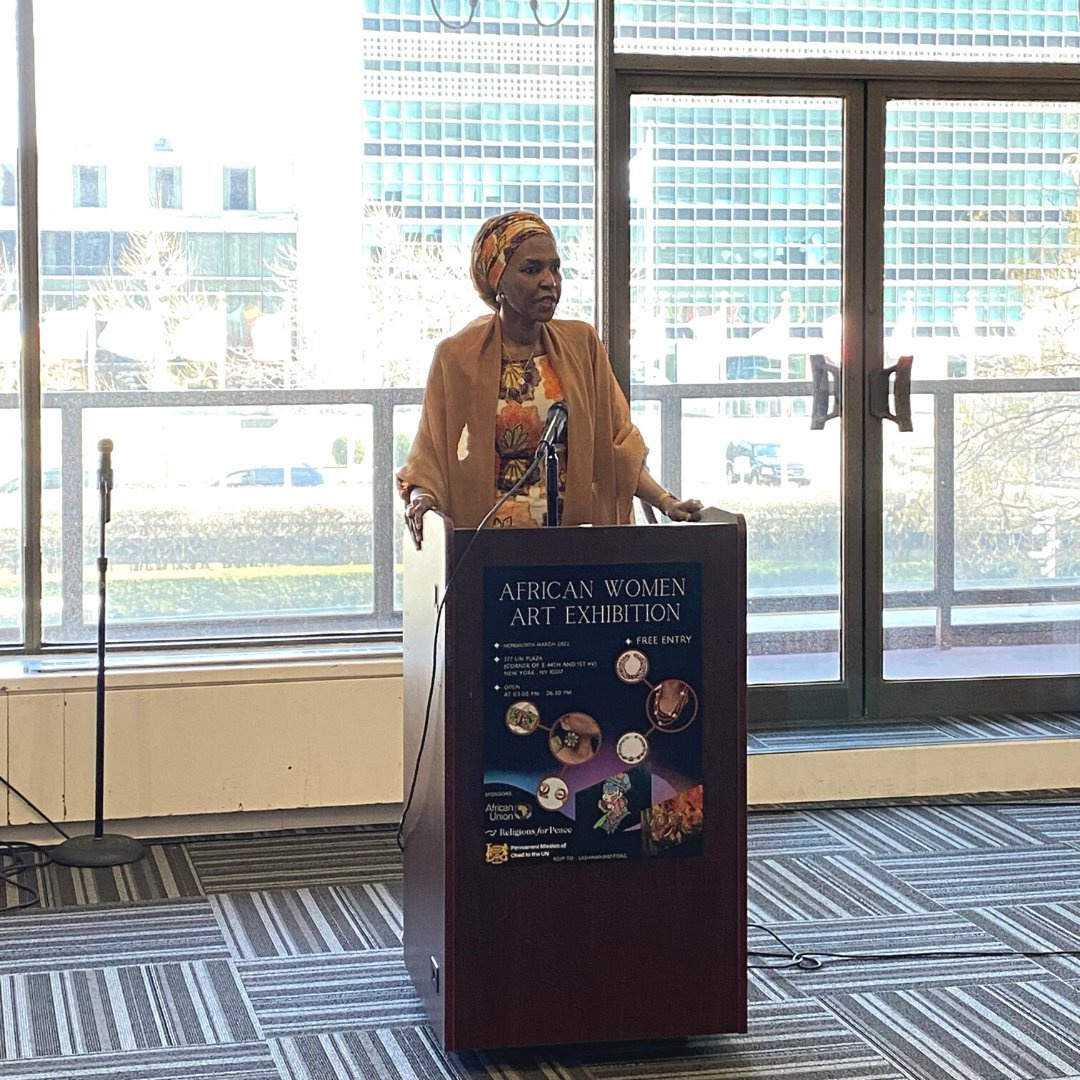
H.E. Ambassador Fatima Kyari Mohammed, Permanent Observer of the African Union to the United Nations delivers remarks at our CSW66 art exhibit
25
WE CATALYSE
CSW66 Parallel Event
In Religions for Peace's official CSW66 parallel event, Ms. Reem Alsalem, UN Special Rapporteur on Violence against Women, Its Causes and Consequences and several members of our Women of Faith Networks emphasised the interlinkages between environment, gender, and women's rights.
Award-winning filmmaker Ms. Lia Beltrami showcased her short film ALGANESH, which depicts how women in drought-stricken refugee camps in Ethiopia carry disproportionately heavier burdens due to climate change. The central message is simple yet powerful: multi-religious collaboration and women as protagonists is the way forward.
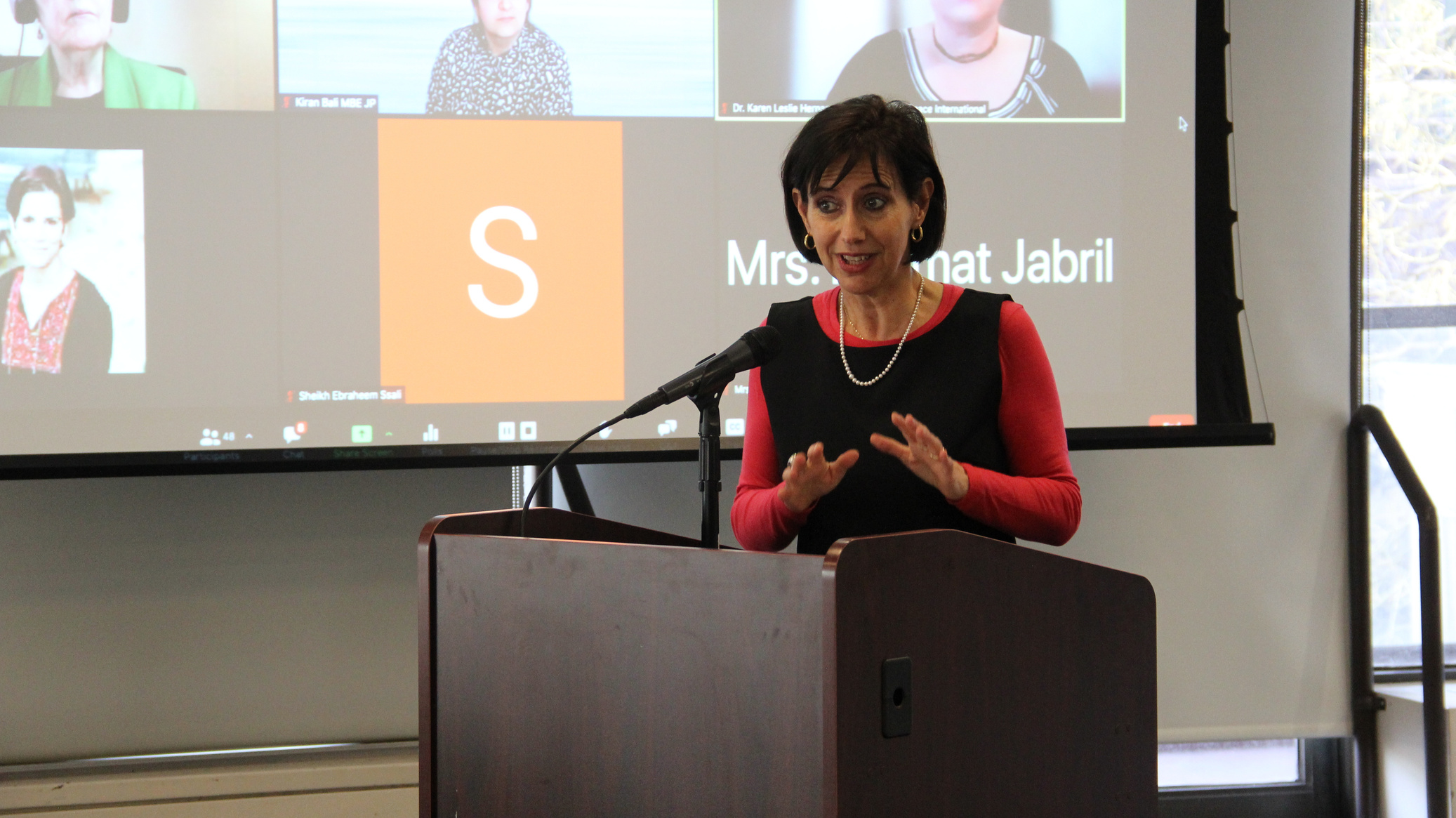
Ms. Lia Beltrami, award-winning filmmaker and Religions for Peace Ambassador, delivers remarks during our CSW66 parallel event
26
WE COLLABORATE
CSW66 Joint Side Event
In partnership with the Office of Genocide Prevention and the UN Special Rapporteur on Violence against Women, Its Causes and Consequences, and the Permanent Mission of South Africa to the United Nations, Religions for Peace convened a high-level dialogue where religious leaders and senior UN representatives explored the points of collaboration and synergy between the multifaith leaders and multilateral institutions in addressing the intersections between religion, gender equality, the right of women to live free from gender-based violence, and the prevention of atrocity crimes.
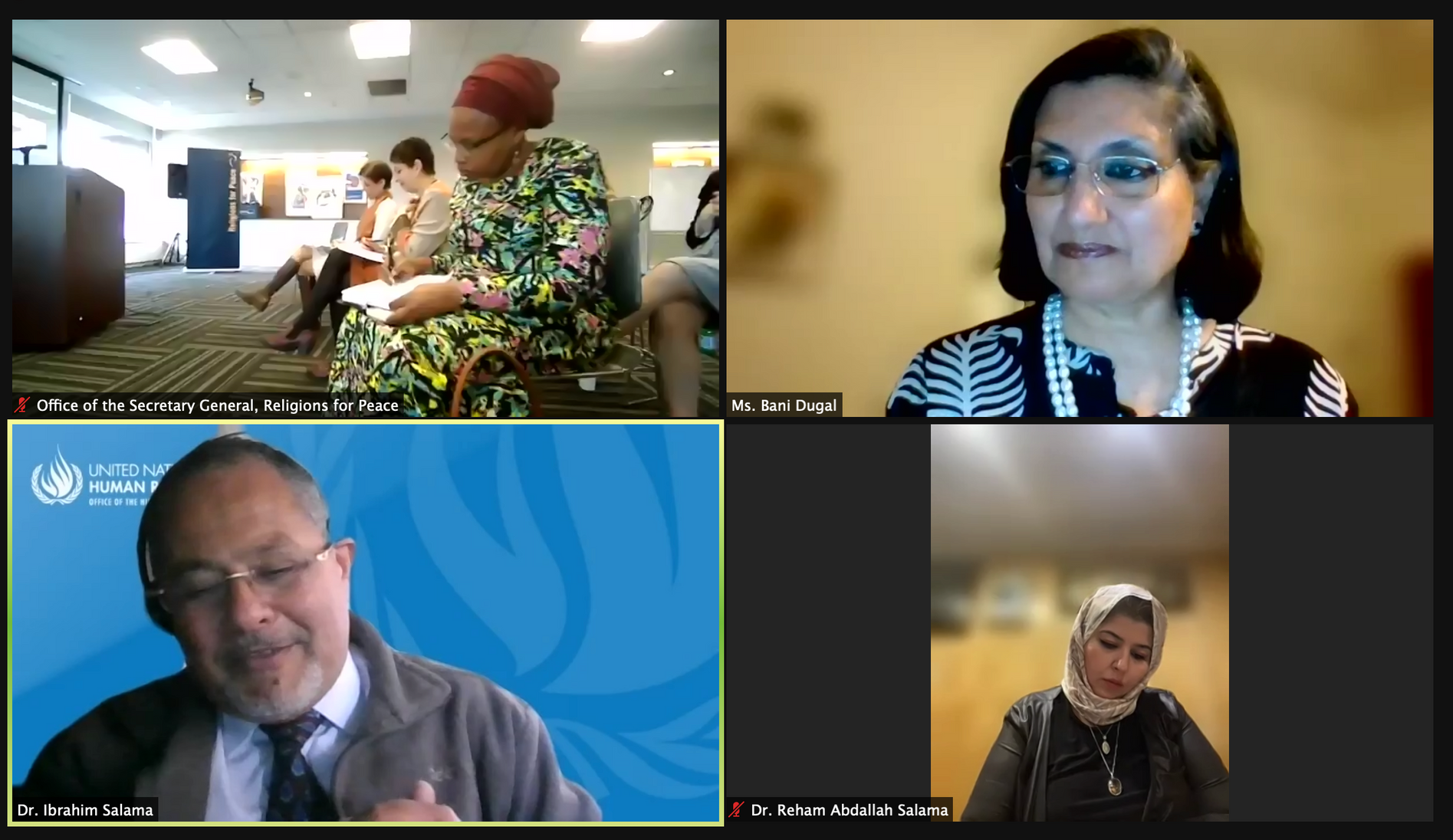
UN representatives join us for the CSW66 joint event on "Religions and Women's Rights: Principled Engagement and Mutual Accountability
27

STRATEGIC PRIORITY
NURTURING A SUSTAINABLE ENVIRONMENT
28
WE CONVENE
Religions for Peace made history by convening faith leaders from the world's religions and faith communities, along with interfaith youth leaders and civil society representatives, to walk side-by-side on the Camino Pilgrimage – the same pilgrimage that St. Ignatius of Loyola made 500 years ago from Montserrat to Manresa.
This historic interfaith spiritual walk served as a unique experience of reflection on the social and environmental crises we face in the world today, and how people of all ages, and from all religions, regions, and sectors, can work together to solve them.
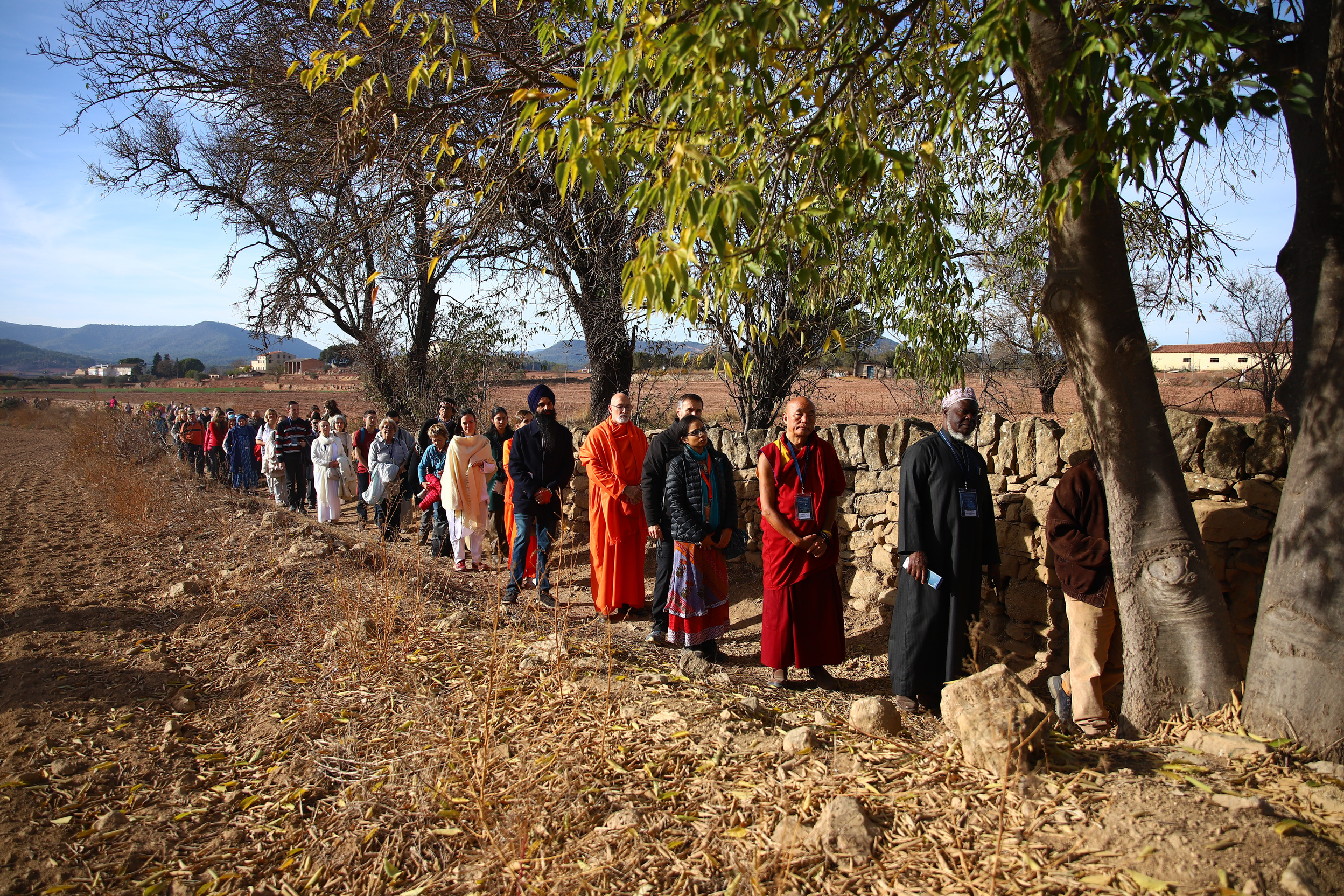
Religious leaders, women of faith, and interfaith youth participants on the Camino Ignaciano interfaith pilgrimage
29
WE CATALYSE
Religions for Peace secured the Manresa 2022 Pact: Multireligious and Multisectoral Global Pact for the Development of Resilient, Sustainable, Safe, and Inclusive Cities - the first multi-religious, intergenerational, and multisectoral commitment to address the climate crisis, and contribute to the achievement of Sustainable Development Goal 11 in ensuring inclusive, safe, resilient and sustainable cities.
Religious leaders, women of faith, youth leaders, and civil society representatives committed to advance more intergenerational, interreligious, and multisectoral exchanges and spaces for social development and innovation, and to address inequality and discrimination so that all communities can prosper from justice and equity in inclusive, safe, resilient, and sustainable cities.
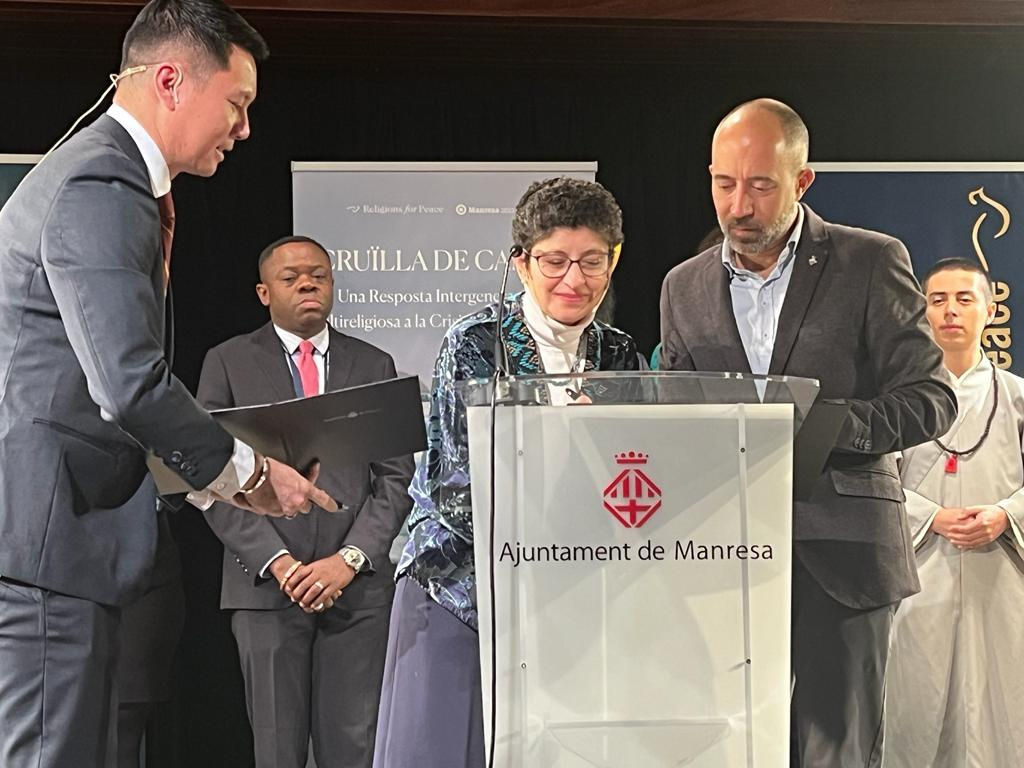
Prof. Azza Karam, Secretary General of Religions for Peace, during the signing ceremony of the Manresa 2022 Pact
30
WE CATALYSE
Religious leaders, women of faith, and interfaith youth participants on the Camino Ignaciano interfaith pilgrimage
"We are at a crossroads. We must create inclusive, safe, resilient and sustainable cities to alleviate the effects of the social and environmental crises that impact everyone, especially the most vulnerable..."
- The Manresa Pact (2022)
31
WE CATALYSE
Earth Day 2022
In partnership with the City Council of Manresa, Spain, we convened the hybrid event, "Love and Respect the Earth: Multi-Religious Collaboration to Address the Climate Crisis," and made the case for collaboration between faith actors, youth, women, civil society, and policymakers in ensuring the preservation and protection of the one planet we call our home.
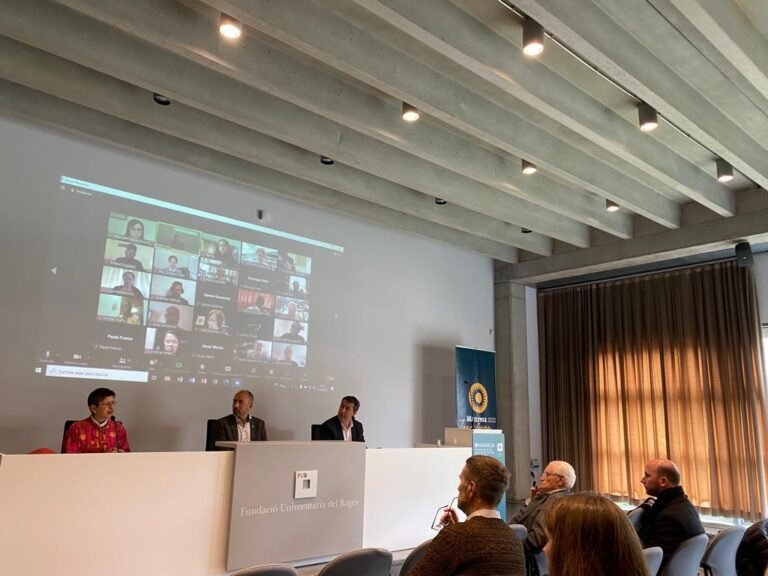
Prof. Azza Karam, Secretary General of Religions for Peace, with members of the City Council of Manresa during our Earth Day 2022 hybrid event in Manresa, Spain
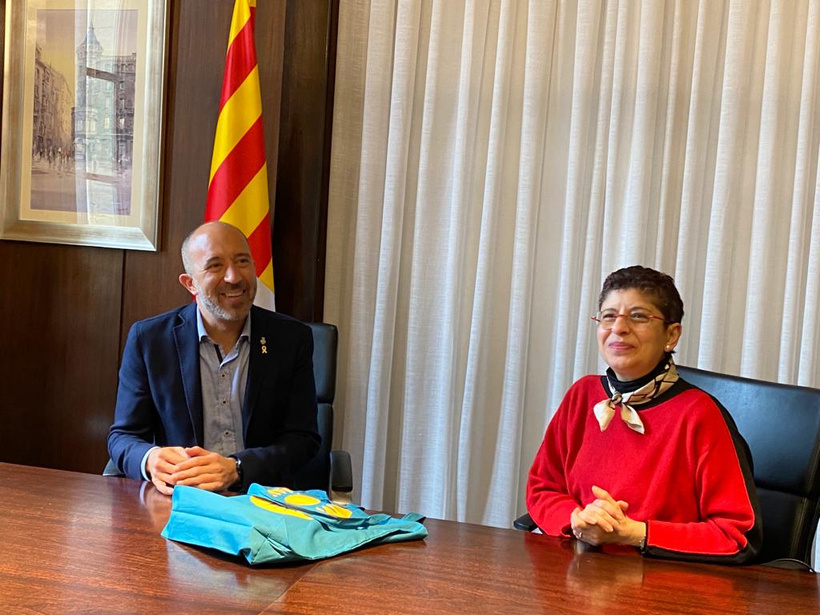
Prof. Azza Karam with Mr. Marc Aloy Guàrdia, Mayor of the City Council of Manresa, Spain on Earth Day 2022
32
WE CATALYSE
Religions for Peace advanced the urgent need for multi-religious and multisectoral collaboration, together with the Bahá’í International Community, the Anglican Consultative Council, and Tzu Chi Foundation, during our COP27 side event on "Realizing Ambition through Ethical, Intergenerational and Multisectoral Responses to Climate Crises.”
Key civil society leaders, including faith leaders, emphasised that sustainable development can only be achieved if humanitarian efforts are centralised around shared human values of love and respect - for each other and for our common home.
Click here to watch our COP27 side event on YouTube!
33
WE COLLABORATE
50 years after the united nations stockholm declaration
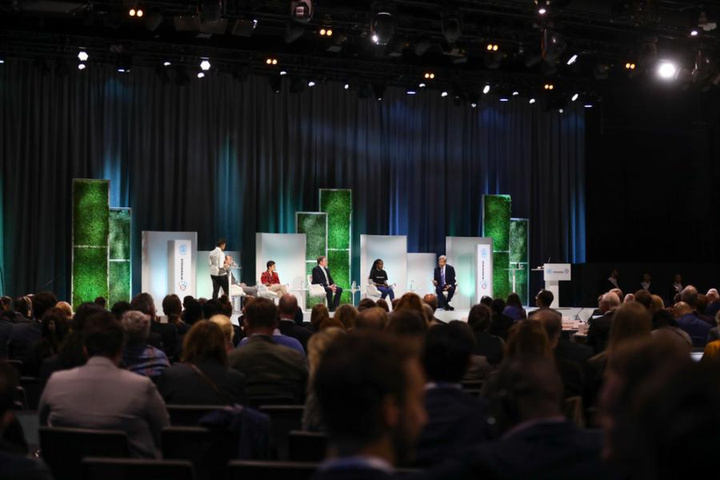
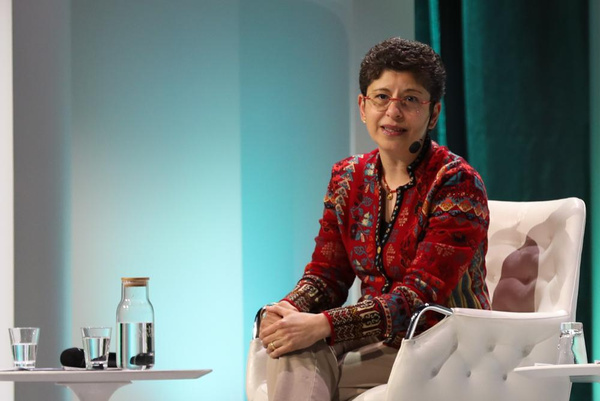
Prof. Azza Karam served as a member of the Stockholm+50 Advisory Group, where she filled a critical gap in multi-religious outreach and advocacy by including the perspectives and expertise of faith leaders from Indigenous communities; religious institutions; faith-based organisations; and grassroots interfaith youth and women’s organisations. In addition to drawing attention to their contributions to environmental policy and ecological justice, she also ensured that a special focus was placed on the contributions of Indigenous communities.
During the Stockholm+50 international meeting, Prof. Azza Karam called for a radical transformation of our way of existence, insisting on the role that "actors of the faith" can play to this end, even if some of them are not up to their responsibilities. “We need to bring together dignitaries of different religions and work together,” Prof. Karam said, also calling for close cooperation between religious and secular actors.
34
WE COLLABORATE
Religions for Peace unites people of all faiths to end tropical deforestation and empower the Indigenous peoples that serve as their guardians, as a core partner of the Interfaith Rainforest Initiative (IRI).
In collaboration with our national Interreligious Councils, IRI has five established national platforms where religious leaders work alongside Indigenous peoples, governments, local communities, and businesses in rainforest protection.
These national platforms – established in five countries containing nearly 70% of the world’s remaining rainforests (Brazil, Colombia, the DRC, Indonesia, and Peru) – are working at national and local levels to pass legislation that protects forests and the human rights of their indigenous protectors, mobilise faith communities for advocacy, and facilitate learning on the science behind our spiritual commitment to protect the earth.
In 2022, Religions for Peace supported the 5 country programmes in wider implementation of IRI. We supported IRI in the establishment of 54 new local chapters as action-oriented coalitions of religious leaders, Indigenous peoples, civil society and other forest defenders. We provided capacity building workshops on rainforest protection, climate adaptation, and Indigenous peoples rights to 3,765 religious leaders.
35
WE COLLABORATE
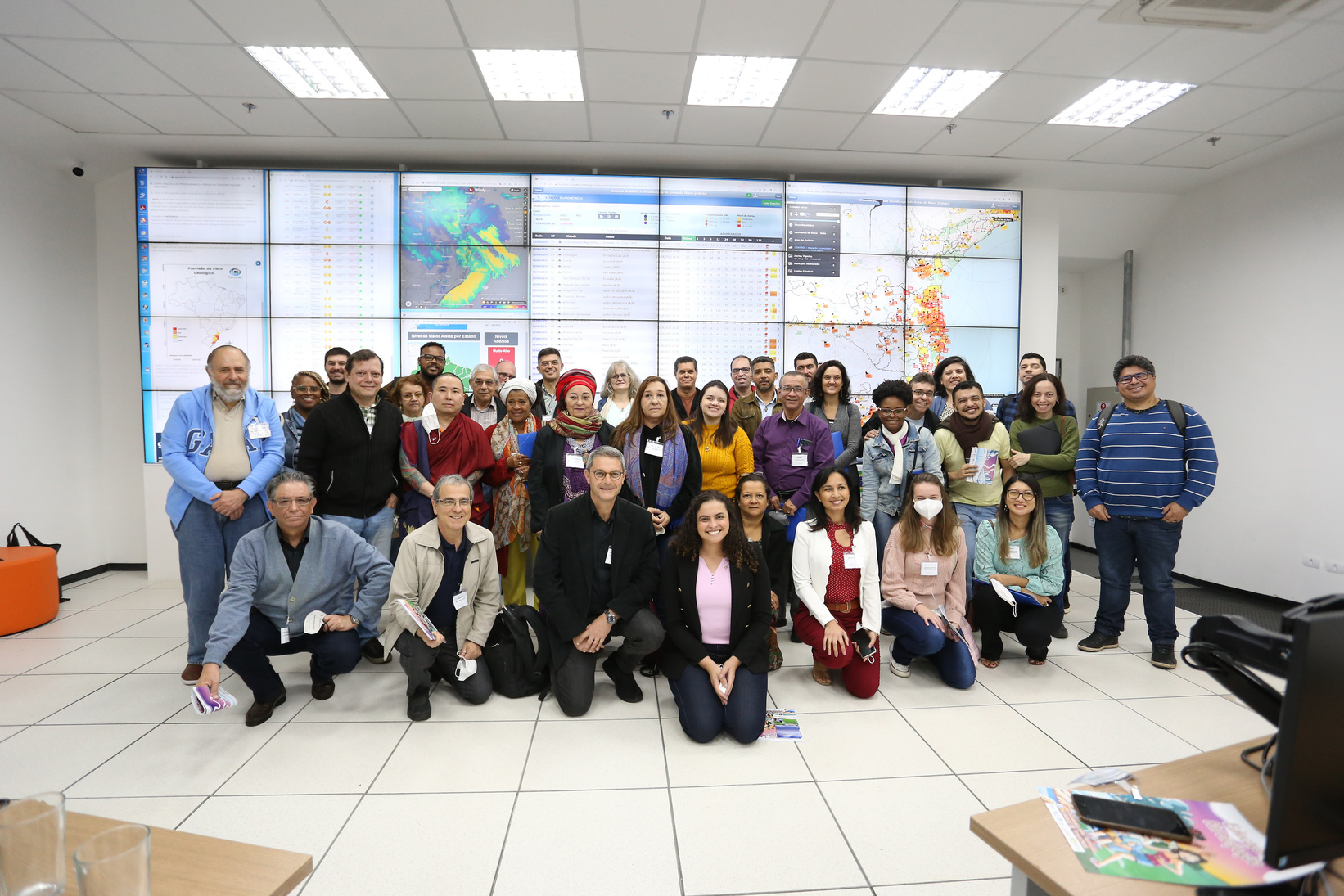
IRI-BRAZIL facilitated collaboration between senior religious leaders and the Center for Monitoring and Alert of Natural Disasters (CEMADEN), as well as the Space Research Institute (INPE) for training on climate change and preservation of the Amazon rainforest.
36
WE COLLABORATE
IRI-COLOMBIA carried out training and capacity building workshops with members of 36 local chapters across the country on forests, climate, the rights of Indigenous peoples and political advocacy.
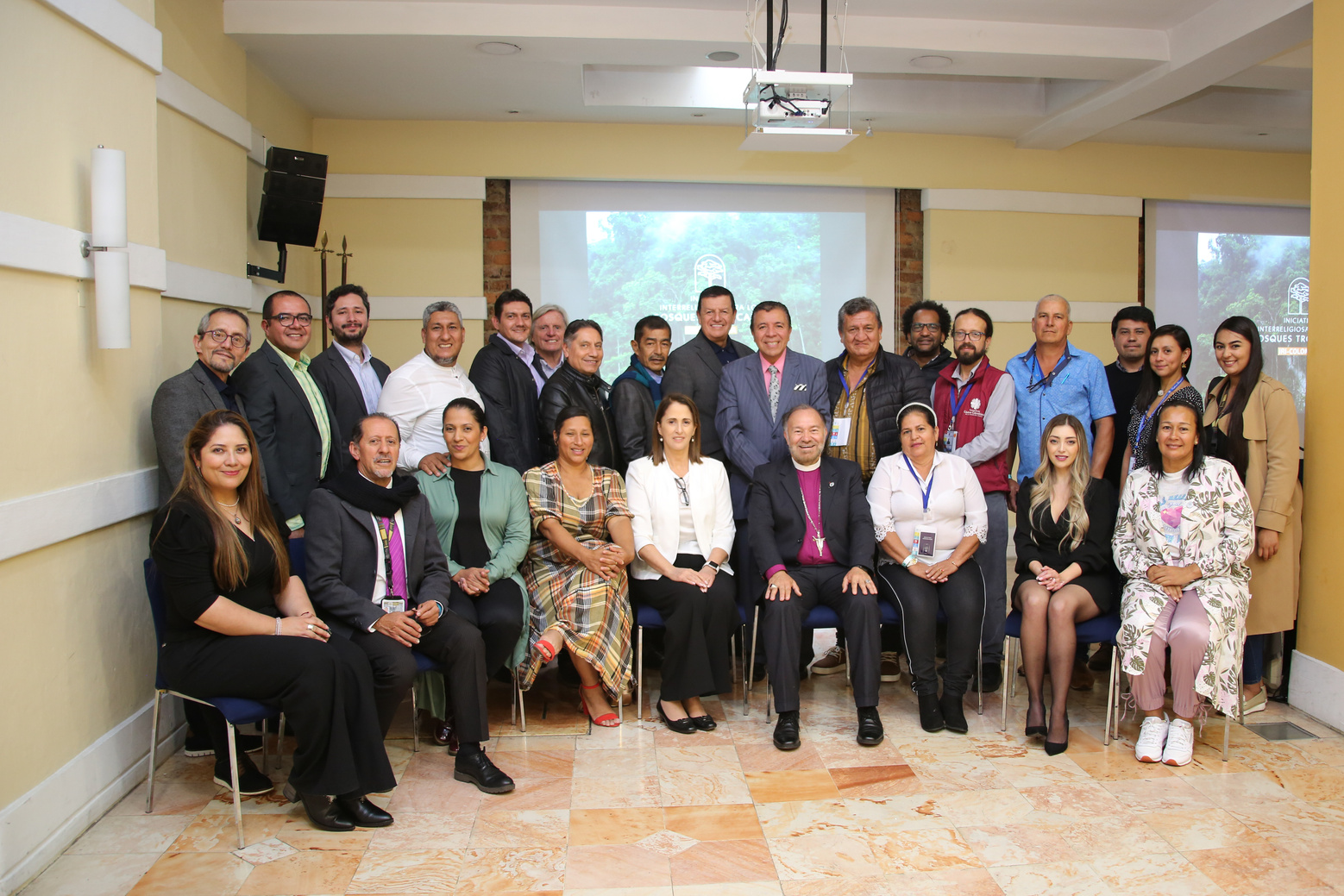
37
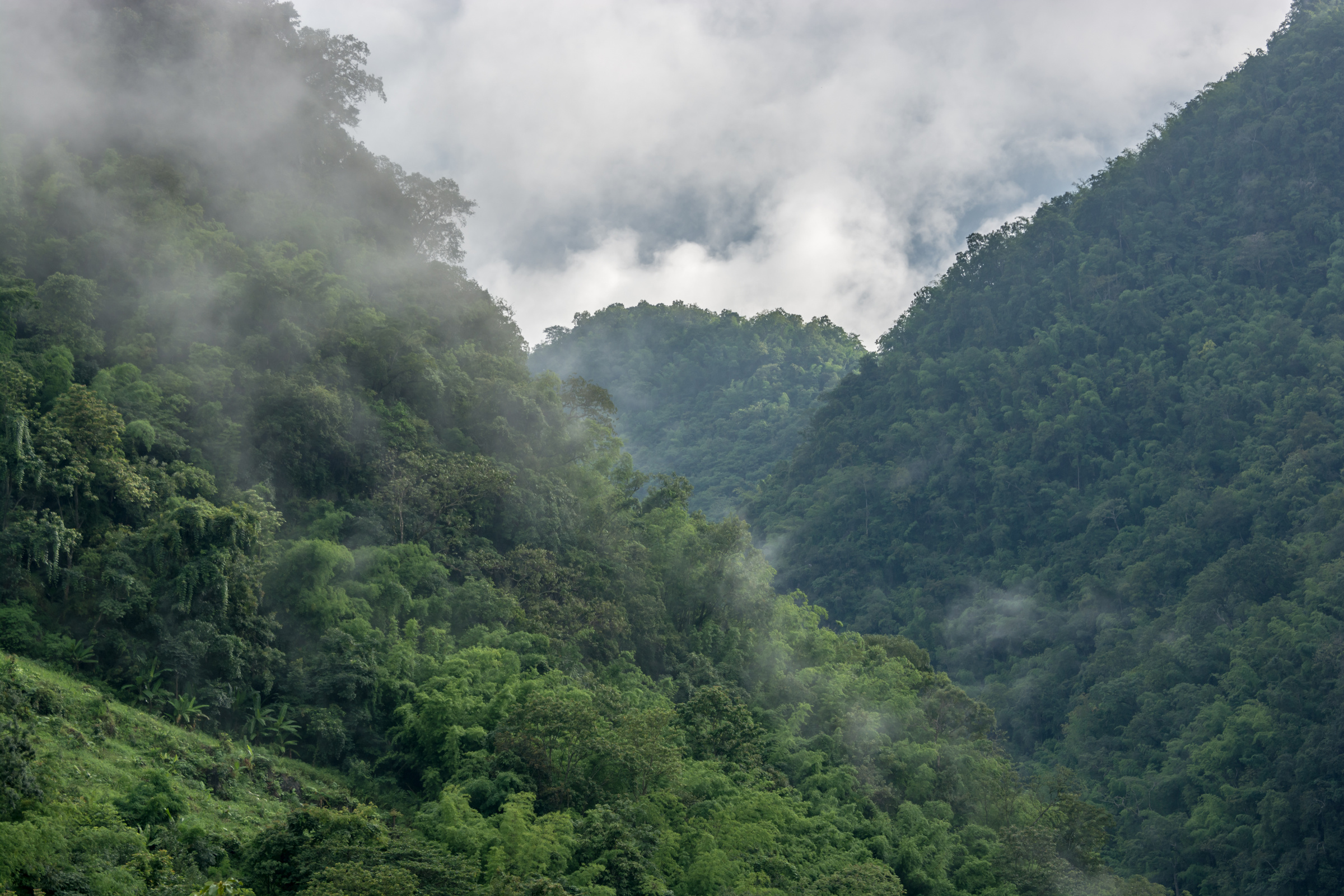

WE COLLABORATE
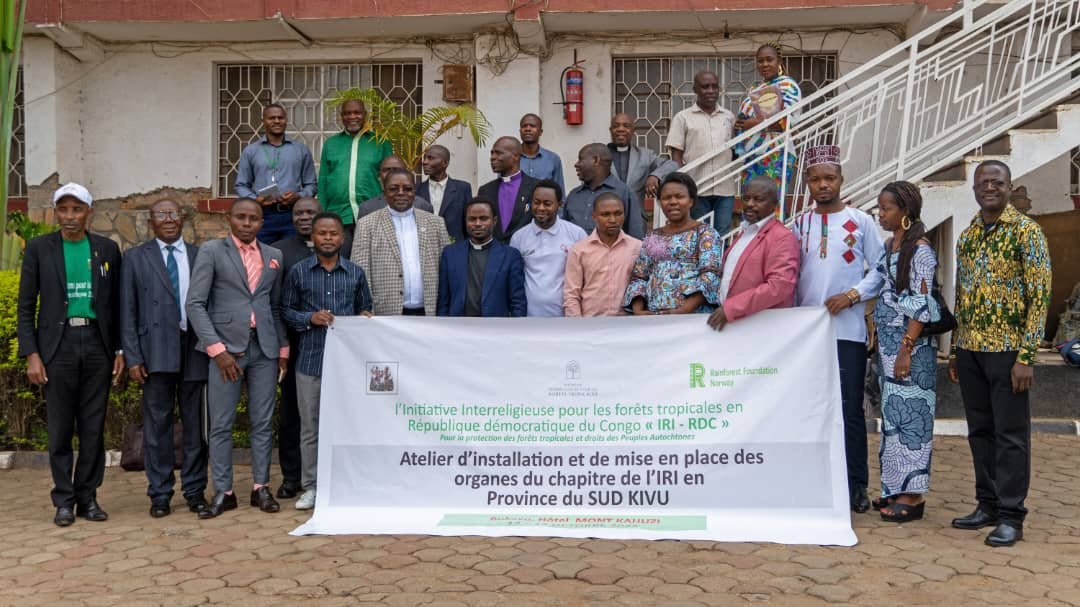
IRI-DRC carried out training for religious leaders through existing provincial chapters, and through newly launched IRI South Kivu chapter.
38
WE COLLABORATE
IRI-INDONESIA conducted a comprehensive training for religious leaders on IRI Indonesia resource guides and teaching books.
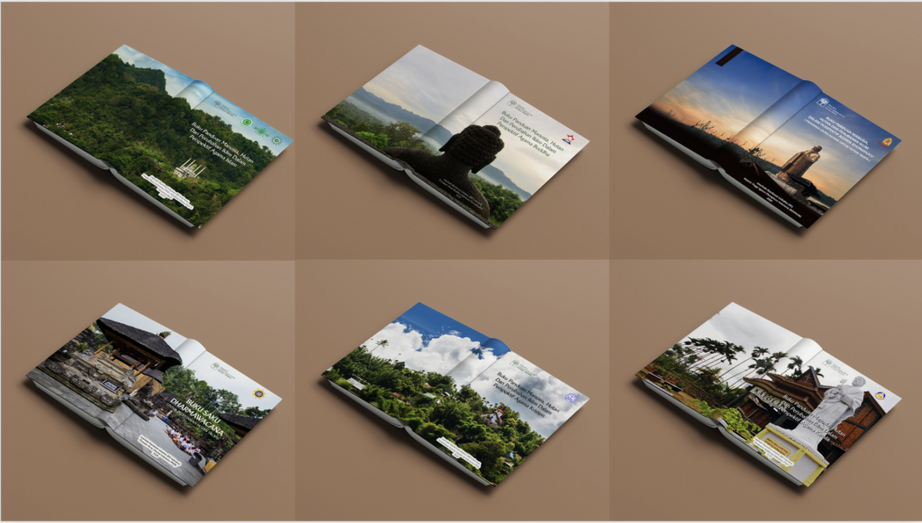
39
WE COLLABORATE
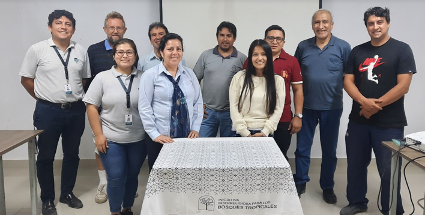
IRI-PERU conducted training and capacity building workshops for religious leaders in 12 local chapters.
40
WE CATALYSE
Religions for Peace supported IRI's first in-person learning exchange, where the leadership teams from the five country programmes - Brazil, Colombia, the DRC, Indonesia, and Peru - convened to exchange best practices and lessons learned in addressing deforestation in their respective communities, and in securing the rights of Indigenous peoples and forest defenders. Read the full report here!
Based on its pioneering experience, IRI Colombia fostered a "community of practice" among the 5 country programmes by creating model reporting documents; adapting the model documents related to priority work with Congress in the DRC; and facilitating communications workshops for all staff members of the five country programmes.
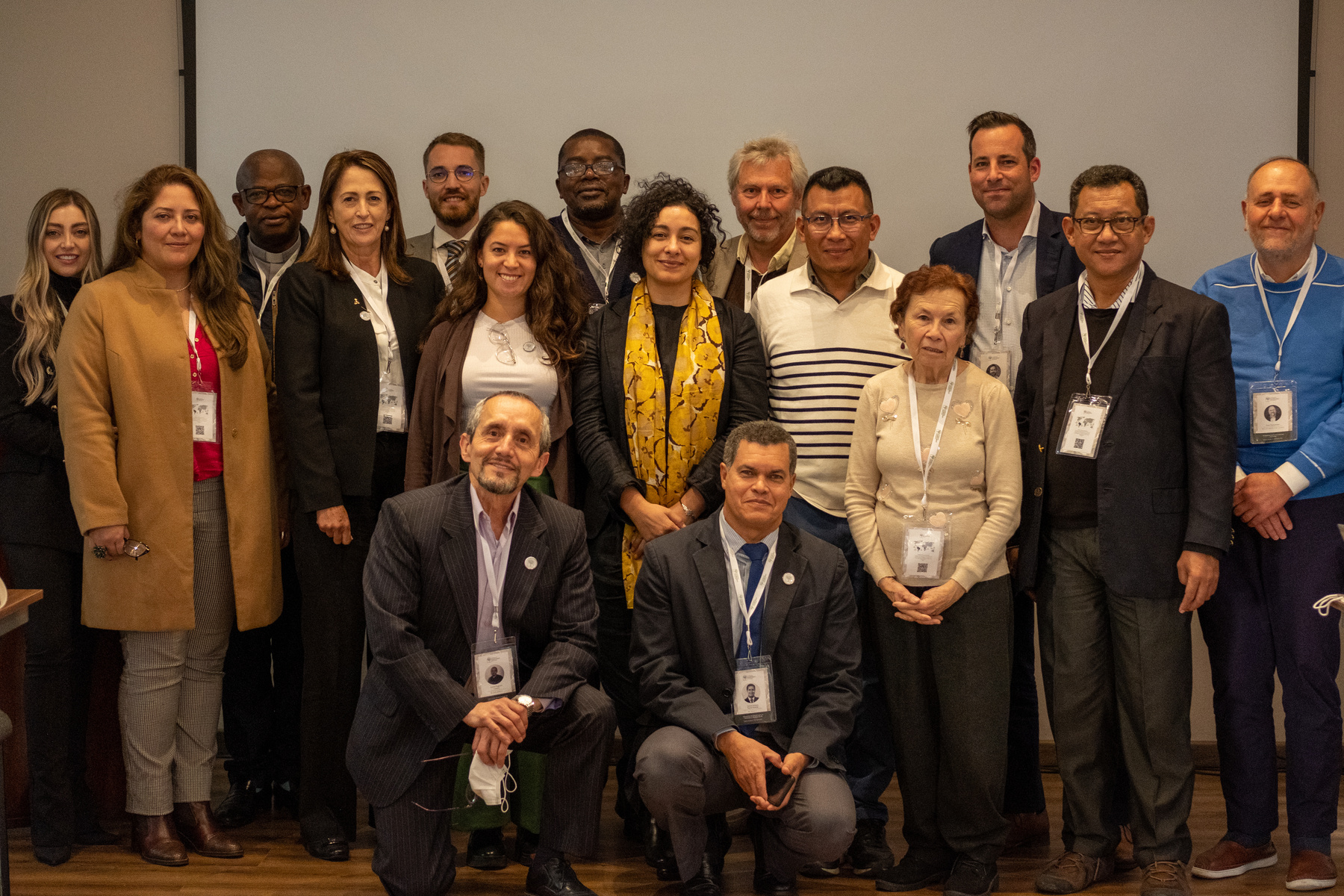
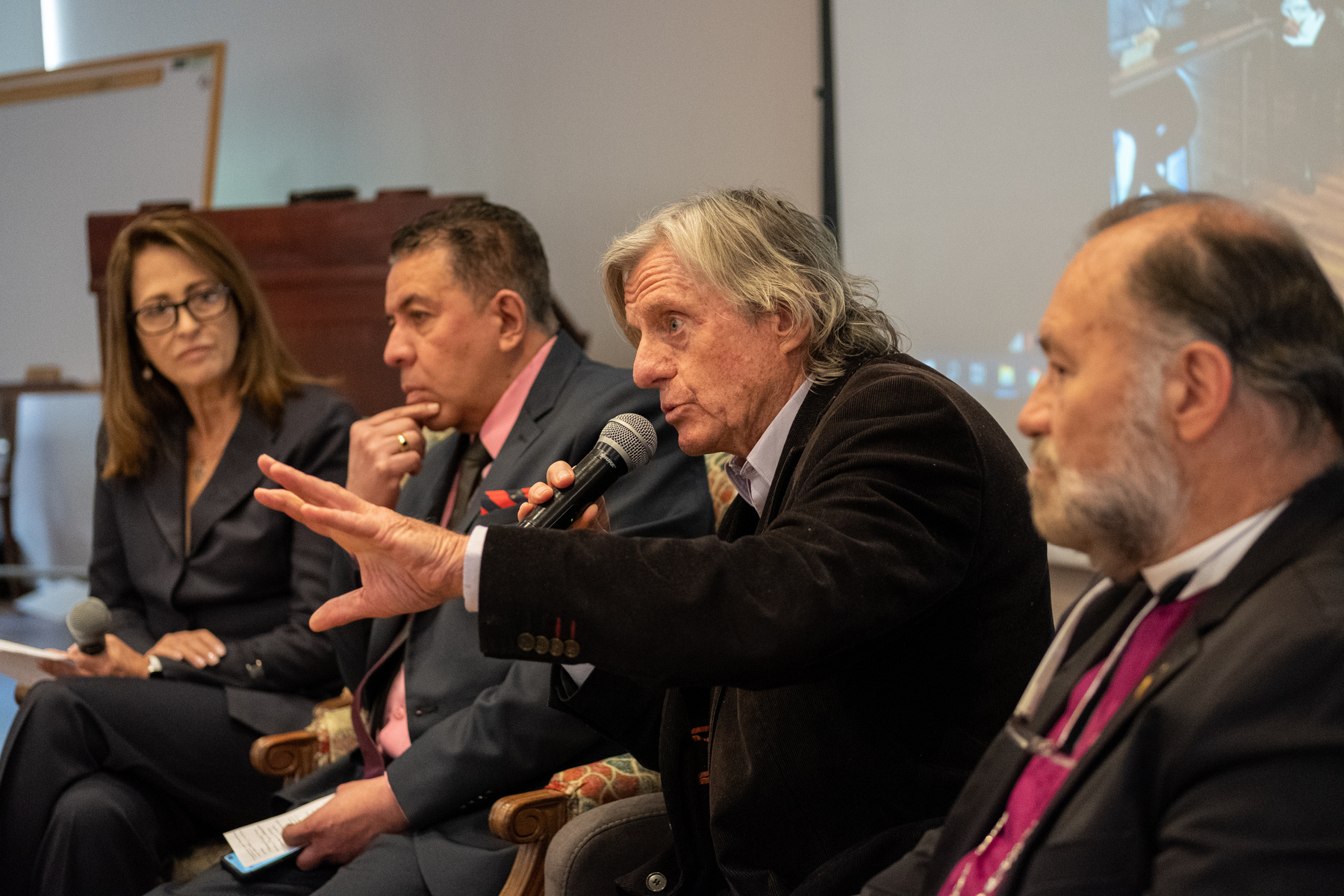
41

STRATEGIC PRIORITY
championing freedom of thought, conscience & religion
42
WE CATALYSE
Prof. Azza Karam moderated the Council on Foreign Relations' (CFR) "Religion and Foreign Policy Webinar: Religious Freedom and US National Security," with Peter Mandaville, senior advisor for the religion and inclusive societies program at United States Institute of Peace (USIP), and Knox Thames, visiting expert at USIP. Building on the report, “Maintaining International Religious Freedom as a Central Tenet of US National Security,” the discussion emphasised the importance of religious freedom as it intersects with both foreign policy and domestic policies of many countries around the world, and certainly with the engagement of religious organizations and interreligious actors in many places and spaces. Watch the webinar above!
43
Religion and Foreign Policy Webinar: Religious Freedom & U.S. National Security
Click here to watch the webinar on YouTube!
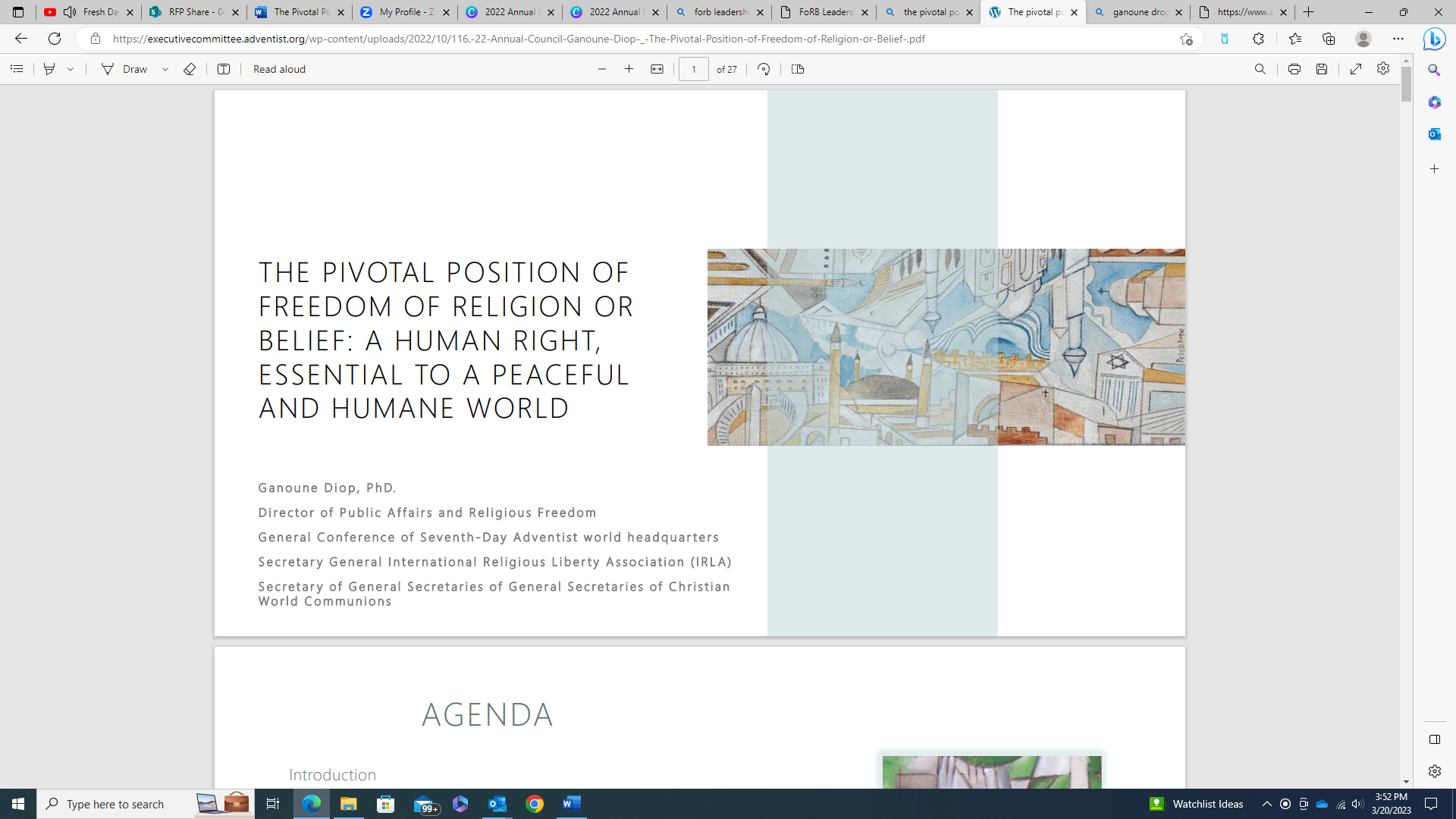
WE CATALYSE
In 2021, Religions for Peace received the “Freedom of Worship” award from the Roosevelt Foundation, for the global movement’s 50+ years of unyielding determination and commitment to promote peace and speak up for those most in need.
In 2022, we continued to honor this award through a white paper by Dr. Ganoune Diop, Member, Religions for Peace Standing Commission on Championing Freedom of Thought, Conscience & Religion; Director, Public Affairs & Religious Freedom, General Conference of Seventh-day Adventist World Headquarters. The white paper brings forth a call to action, as peacebuilding "desperately needs the commitment of religious leaders to mend human brokenness that has appeared in the past religious antagonisms, hostilities, wars, and genocidal crimes against humanity."
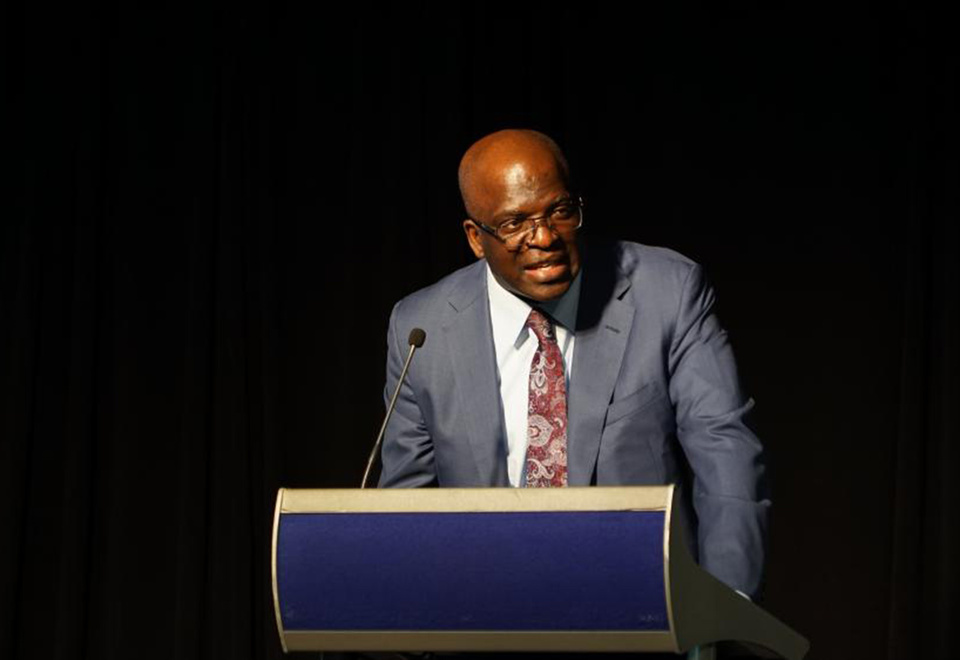
Photo courtesy of the Adventiste Magazine. Dr. Ganoune Diop, Director of Public Affairs & Religious Freedom at the General Conference of Seventh-day Adventtist World Headquarters, delivers remarks at the 17th Annual Religious Freedom Dinner in Washington, D.C.
44
WE COLLABORATE
Leave No One Behind:
Freedom of Religion or Belief &
The Sustainable Development Goals
Religions for Peace, in partnership with the Freedom of Religion or Belief Leadership Network (FoRBLN), the International Panel of Parliamentarians for Freedom of Religion or Belief (IPPFoRB) and other partners, concluded the high-level dialogue series, "Leave No One Behind: Freedom of Religion or Belief and the Sustainable Development Goals." Religions for Peace and its partners launched the six-part dialogue series during the Global Week to #Act4SDGs in September 2021.
Through the High-Level Dialogue on Climate Change and Freedom of Religion or Belief, and the High-Level Dialogue on Health and Freedom of Religion or Belief, Religions for Peace emphasised that the right to freedom of religion or belief (FoRB) is linked to the health, climate change, and ultimately, the achievement of Agenda 2030 and the SDGs. The discussions culminated in concrete recommendations for parliamentarians and religious/belief leaders in the protection of those often subjected to discrimination, inequality and marginalisation on the grounds of religion or belief.
45
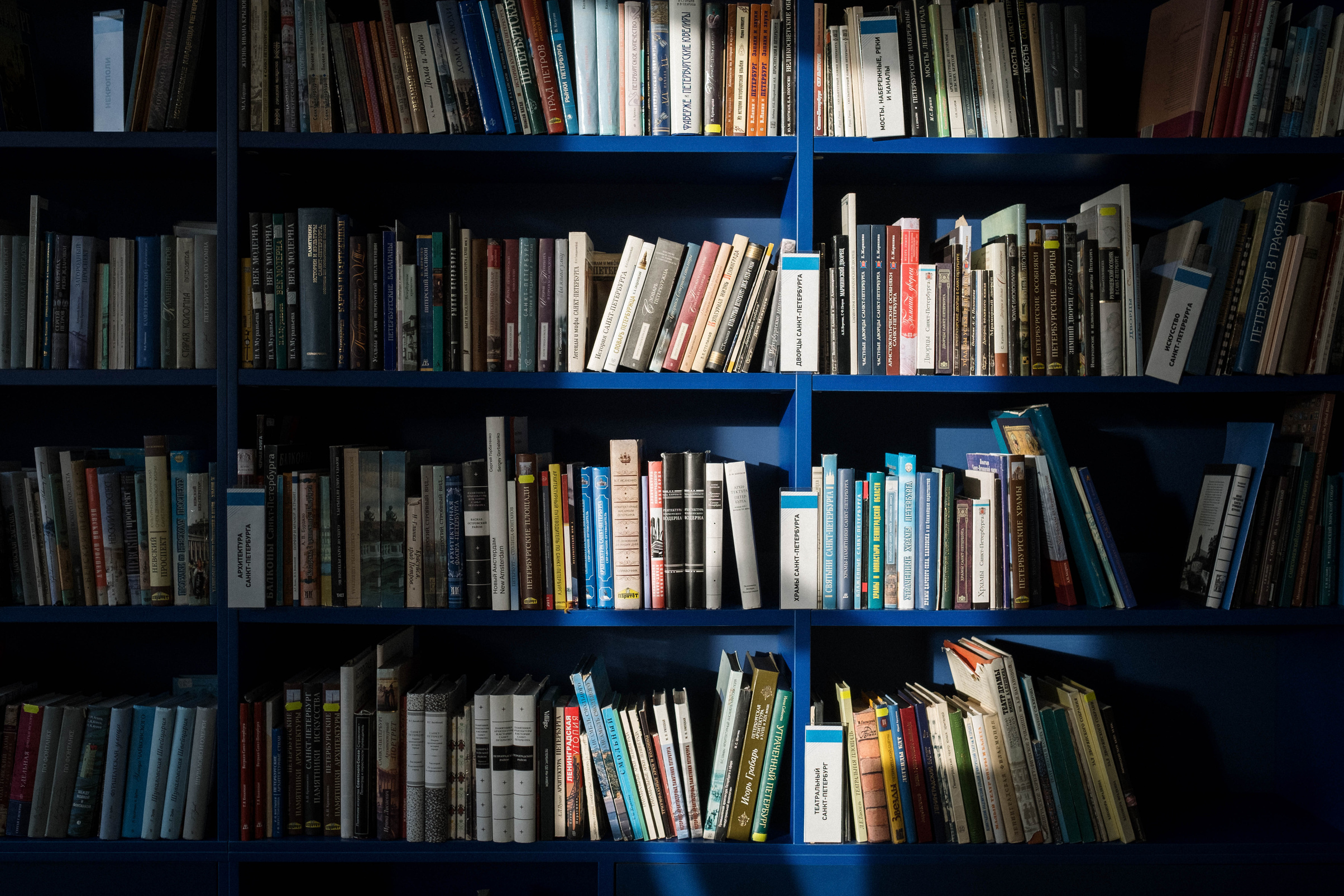
STRATEGIC PRIORITY
CULTIVATING INTERRELIGIOUS EDUCATION
46
WE CATALYSE
In our newest publication, we cultivate greater understanding of interreligious education across the globe. With Christian, Hindu, Indigenous, Jewish, Muslim and Sikh theologies, perspectives, and insights, this enlightening work explores the importance of multi-religious engagement and why this effort to bring people of all faiths and traditions together, can and does indeed create a more peaceful world.

47
WE COLLABORATE
Religions for Peace joined over 100 religious leaders and representatives of faith-based organisations, youth representatives, and policy experts from North, Central and South America and the Caribbean for the Second Interreligious Forum of the Americas (FIDELA) to assess the needs of the Western Hemisphere, within the framework of interreligious cooperation that inspires us to work together for peace, justice and solidarity.
Religions for Peace voiced priority concerns of religious voices regarding the human impact of inequalities in the hemisphere, shortfalls in protection of human dignity, and the need for purposeful action that truly gives a preferential option to the most vulnerable.
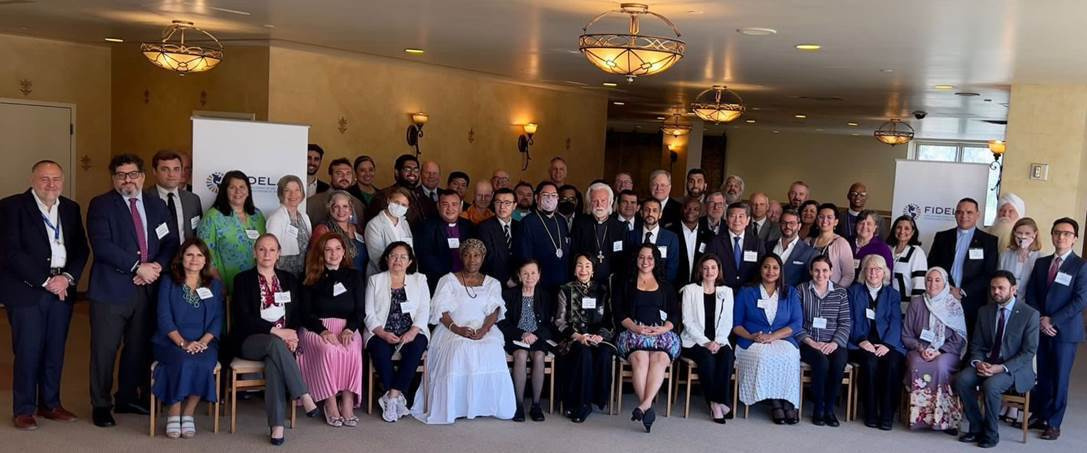
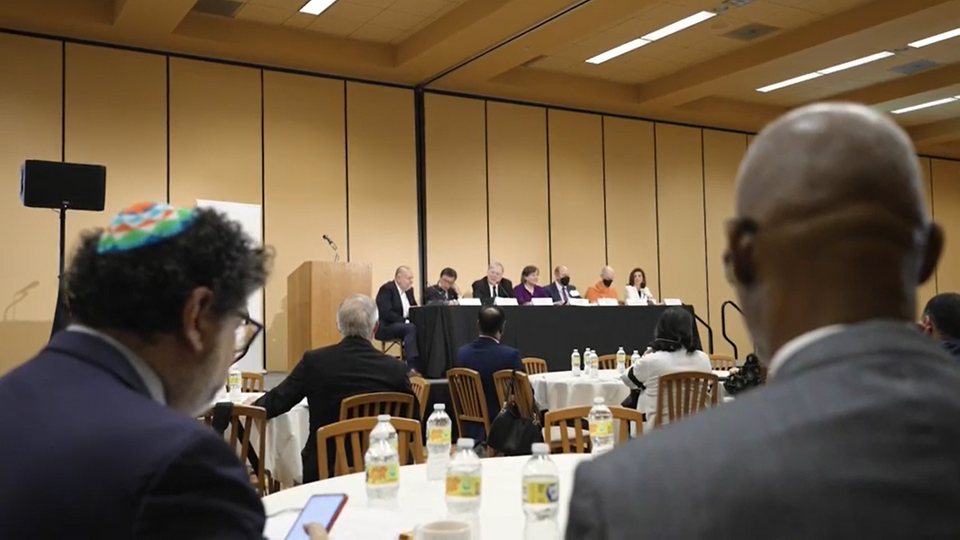
48
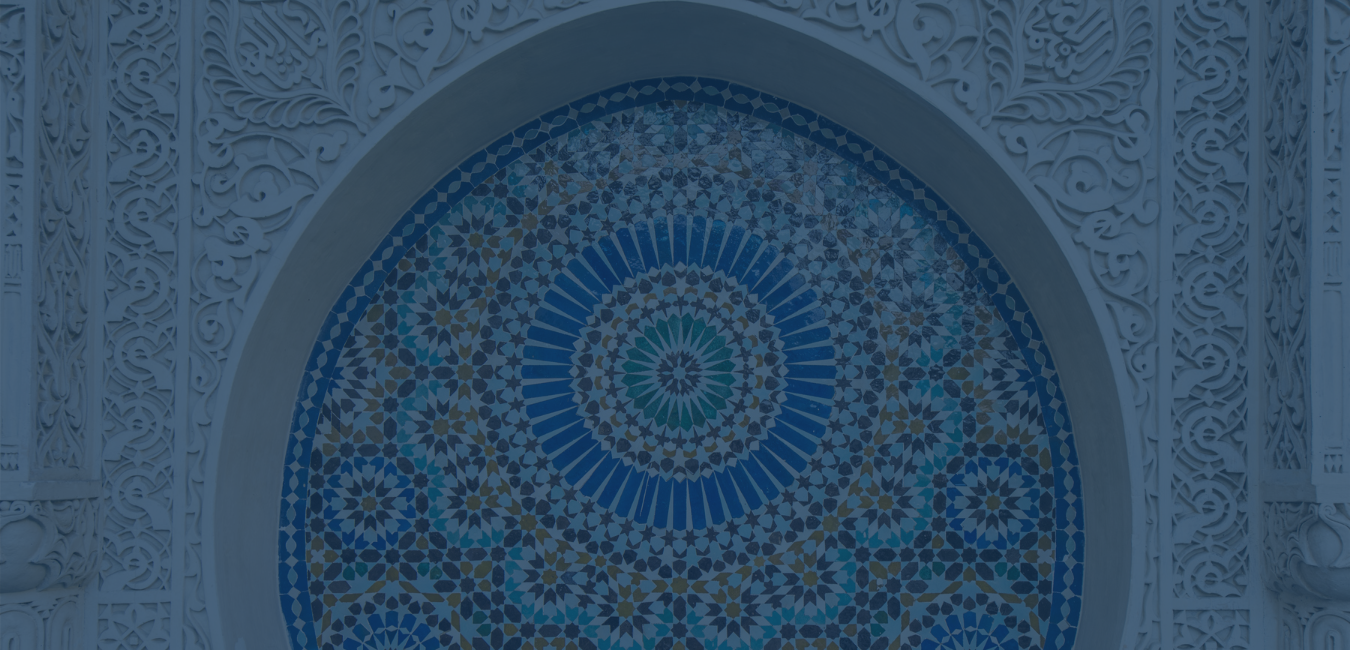
STRATEGIC PRIORITY
STRENGTHENING MULTI-RELIGIOUS COLLABORATION & GLOBAL PARTNERSHIPS
In 2022, Religions for Peace secured ground-breaking partnerships with multilateral organisations, academic institutions, and think tanks:
- The historic Memorandum of Understanding (MoU) with the World Health Organisation (WHO);
- Framework of Cooperation Agreement with the Office of the Special Representative of the United Nations Secretary-General on Sexual Violence in Conflict;
- MoUs with Georgetown University; the University of Notre Dame's Ansari Institute for Global Engagement with Religion; and the International Islamic Fiqh Academy;
- MoUs with the Council of Inclusive Capitalism; Search for Common Ground; and the United States Institute of Peace (USIP)
49
WE COLLABORATE
Religions for Peace Secures Historic Partnerships
Religions for Peace signed a historic partnership agreement with World Health Organisation (WHO) - the first MoU between WHO and a global multireligious platform. This commitment comes at a critical time for global public health concerns amidst multiple challenges in climate change, human rights, peacebuilding, food security, and internal displacement.
In commemoration of the International Day for the Elimination of Sexual Violence in Conflict, Religions for Peace signed a Framework of Cooperation Agreement with the Special Representative of the UN Secretary General on Sexual Violence in Conflict, to facilitate the engagement of religious leaders in addressing conflict-related sexual violence and countering the stigmatisation of survivors.
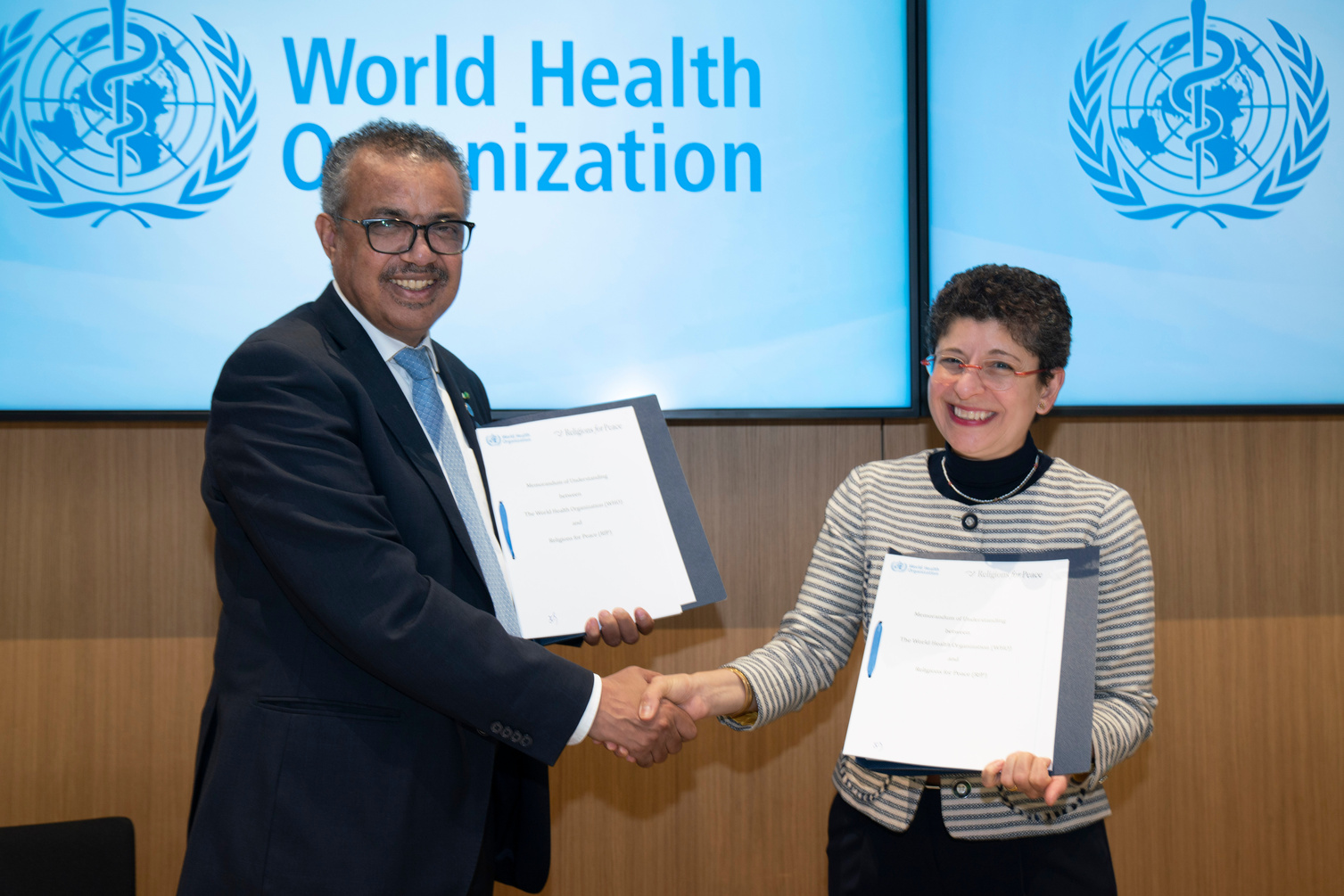
Prof. Azza Karam and Dr. Tedros Adhanom Ghebreyesus, Director-General of the World Health Organisation (WHO), during the signing ceremony of the MoU between Religions for Peace and WHO
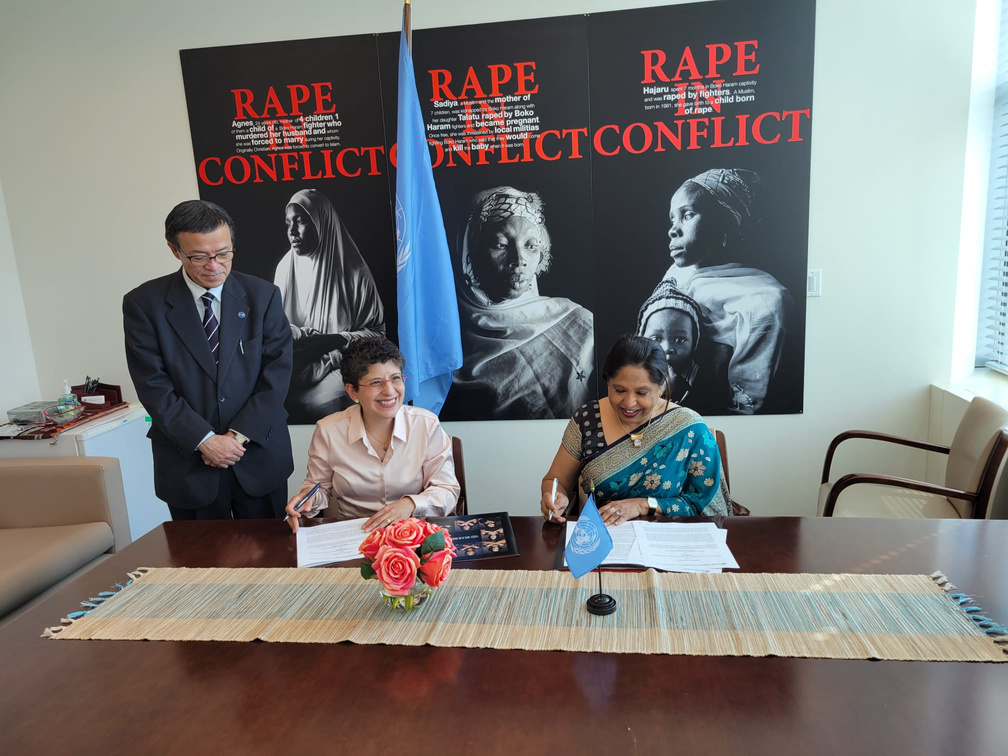
Prof. Azza Karam and Rev. Dr. Nobuhiro Masahiro Nemoto, Senior Adviser to the Secretary General, Religions for Peace, with Ms. Pramila Patten, UN Special Representative on Sexual Violence in Conflict during the signing ceremony of the Framework of Cooperation Agreement
50
WE COLLABORATE
Blessings from His Holiness Pope Francis & His Eminence, The Grand Imam of Al-Azhar, Ahmed Al-Tayeb
Prof. Karam was invited by the Kazakh government to attend the Congress because of Religions for Peace's unique position and 50+ years of experience in advancing multireligious cooperation.
Prof. Karam had the privilege of meeting with His Holiness Pope Francis, who gave his blessing to the work of Religions for Peace, noting that, “This is God’s work. It is holy work, and I pray for the success of this work.”
She also had the opportunity to meet with His Eminence, the Grand Imam of Al-Azhar Ahmed Al-Tayeb, who devoted a great deal of his time to understand and bless the work of the organisation.
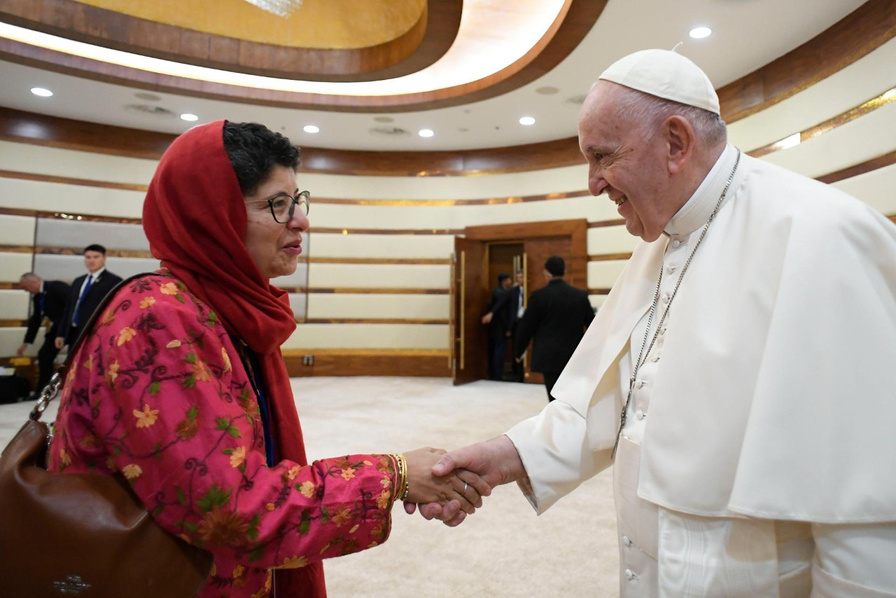
Photo courtesy of the Vatican News. Prof. Azza Karam, Secretary General of Religions for Peace, with His Holiness Pope Francis during the 7th Congress of Leaders of World and Traditional Religions in Nur-Sultan.
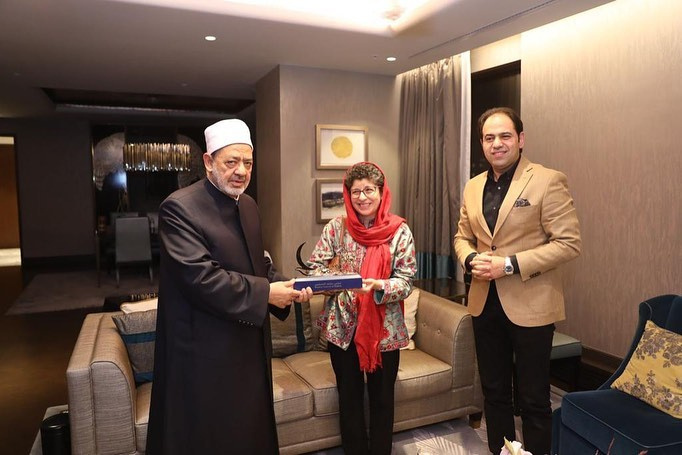
Prof. Azza Karam, Secretary General of Religions for Peace, with His Eminence the Grand Imam of Al-Azhar, Ahmed Al-Tayeb during the 7th Congress of Leaders of World and Traditional Religions in Nur-Sultan.
51
43
WE CATALYSE
Religions for Peace stands in solidarity with the World Council of Churches in "serving as believers"
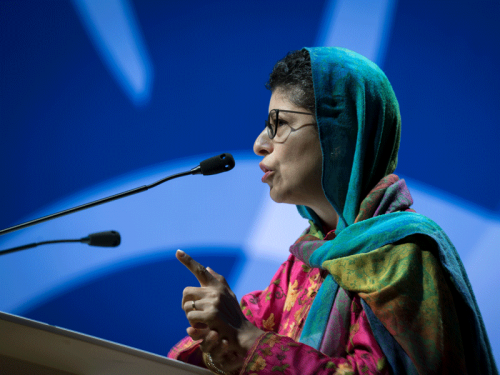
Photo by Sean Hawkey of the WCC. Prof. Azza Karam addresses the 11th Assembly of the World Council of Churches
Photo by Albin Hillert of the WCC. People attending the 11th Assembly of the World Council of Churches express their appreciation for an address given by Prof. Azza Karam
Click here to watch the 11th Assembly of the WCC on YouTube!
Prof. Azza Karam delivered remarks at the 11th Assembly of the World Council of Churches that gained wide recognition and appreciation across the world's different religious and faith communities. Prof. Karam says, "Was Christ's love only meant for the people of the Christian faith? If Christ’s love is meant for all of humanity, what would that mean practically for each of us in this room? I believe very firmly as a Muslim that Christ’s love was meant for me, too.”
52
WE COLLABORATE
As a member of the UN Secretary General's High-Level Board on Effective Multilateralism (HLAB), Prof. Azza Karam, alongside fellow HLAB Co-Chairs, issued four statements with practical recommendations for improving multilateral cooperation on issues that threaten our very existence - the triple planetary crisis of climate change, biodiversity loss, and pollution.
In October, HLAB held its sixth plenary meeting to refine its recommendations in the key areas of peace and security, the global financial architecture, digital space, and climate and environment.
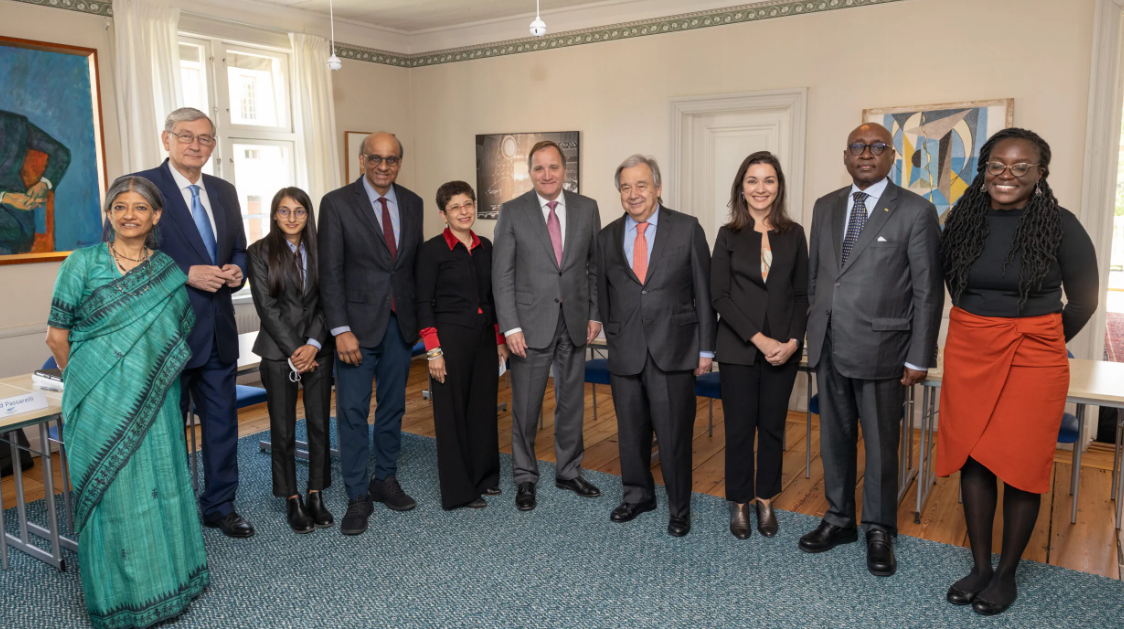
Photo courtesy of the United Nations. Prof. Azza Karam, Secretary General of Religions for Peace, with UN Secretary-General H.E. António Guterres and the Co-Chairs of the High-Level Advisory Board on Effective Multilateralism during its 4th plenary meeting.
53
WE COLLABORATE
In 2022, the African Council of Religious Leaders (ACRL) launched new projects and programmes, convened an interfaith virtual conference and launched a new Interreligious Council in Senegal.
With the launch of a new 3-year project in the Sahel region, entitled "Women Empowerment and Environmental Restoration for Conflict Prevention in the Sahel," ACRL aims to contribute towards the restoration of the environment and conflict transformation in Burkina Faso, Mali and Senegal by strengthening the voices of religious leaders.
In partnership with Deaconess Foundation Institute, ACRL launched a 4-year peacebuilding project in South Sudan aimed at fostering trust and build peace from the ground by capacitating religious leaders and supporting them to act as internal reconcilers.
advancINg multi-religious collaboration
across africa
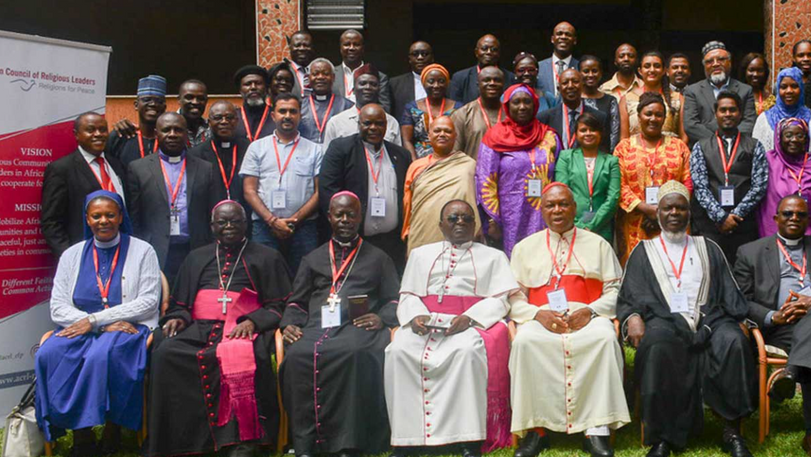
The African Council of Religious Leaders (ACRL) is the largest and most representative multi-religious platform in Africa. It is a continental coalition of different faith organisations, faith communities and religious leaders in the continent, working together to advance peace, sustainable development and shared well-being.
54
WE COLLABORATE
ACRL convened the Faith and Culture Conference: Ending Harmful Practices Affecting Children in Eastern and Southern Africa and advocated for the rights of children and women from all forms of violence. As cases of Female Genital Mutilation and Child Marriages rise as a secondary effect of the COVID-19 pandemic, the discussions pointed to the need for multi-religious collaboration to address the root causes of harmful practices through poverty reduction, education, health and psychosocial support, and other social services. Click here to read the official statement!
ACRL also convened a hybrid Youth Bootcamp on Interfaith Experience, which enhanced the youth’s self-awareness on their interpersonal qualities, and motivations to engage in interfaith peacebuilding; and cultivated interreligious understanding by averting misconceptions on different faiths and beliefs.
advancINg multi-religious collaboration
across africa
Ms. Sarah Kimani, Programme Officer, ACRL delivers remarks at the TPNW First Meeting of the States Parties in Vienna, Austria
In 2022, ACRL actively promoted the universalisation of the Treaty on the Prohibition of Nuclear Weapons (TPNW). During the TPNW First Meeting of the States Parties, ACRL called to strengthen the global norm against nuclear weapons, which threaten the very survival of humanity. Click the video above to hear ACRL's statement!
55
WE COLLABORATE
In 2022, the Asian Conference of Religions for Peace (ACRP) launched six flagship projects, in collaboration with the IRCs in the region:
- Caring for the Health of the Poor Indigenous Peoples, Caring for Our Common Home (Philippines);
- Promoting Ethnoreligious and Intergenerational Harmony for Peace in the Digital Age (Thailand);
- Efforts to Build Public Awareness about Climate Change (Indonesia);
- Emergency Flood Relief Drive 2022 (Pakistan);
- Awareness raising for Anti-Human Trafficking, for Peacebuilding and Reconciliation and for Protection of the Environment (the Asia and Pacific Women of Faith Network); and,
- Asia Pacific Interfaith Youth Network (APIYN) Youth Leadership Development Programme Year 1
advancINg multi-religious collaboration
across asia
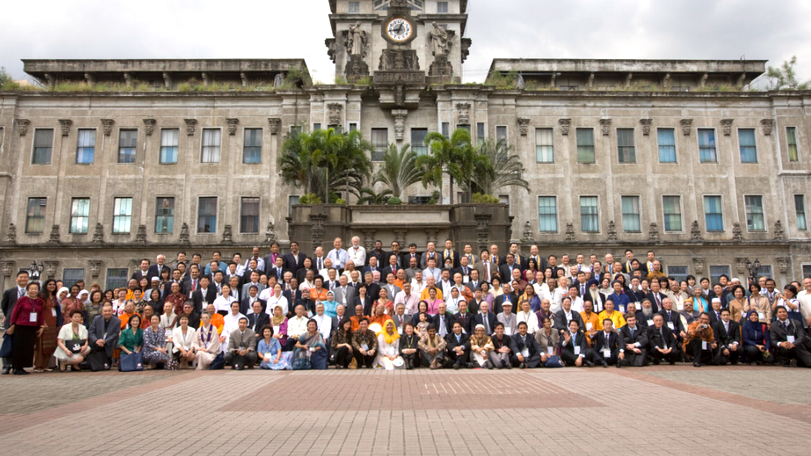
The Asian Conference of Religions for Peace (ACRP) advances common action among religious communities in Asia and the Pacific for peace. Based on the tenets of truth, justice, and human dignity, its members are active in their home countries, in the Asia-Pacific region, and across the world.
56
WE COLLABORATE
In the beginning of 2022, ACRP hosted the APIYN Youth Camp, with the theme of recognising "Asian Youth as Peacebuilders." Participants pledged to raise awareness within and across communities regarding issues of Positive Peace; Climate Action; Social Justice; Gender Equality; Prevention of Human Trafficking; Promotion of Children’s Rights; Protection of Human Dignity; and, Achievement of the SDGs.
The Asia and Pacific Women of Faith Network held seminars on the topics of Anti-Human Trafficking, sharing experiences and knowledge of ways to address human trafficking and Climate Change, discussing the role of religions for the protection of climate change and reflecting on the outcomes of COP27.
advancINg multi-religious collaboration
across asia
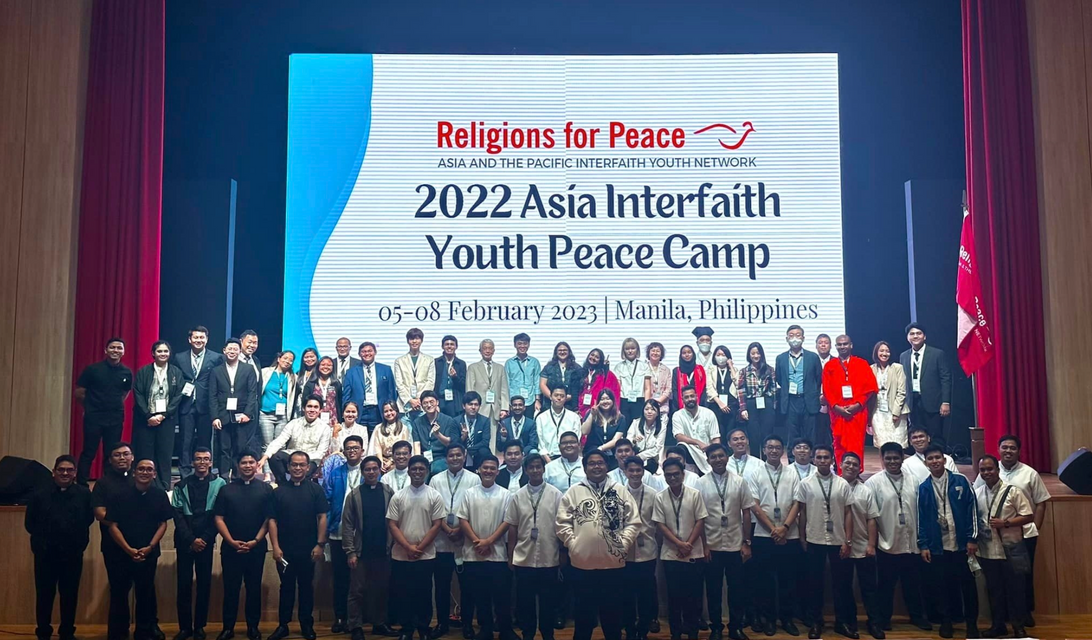
Photo courtesy of the Asian Conference of Religions for Peace. Participants of the 2022 Asia Interfaith Youth Peace Camp in Manila, Philippines
57
WE COLLABORATE
In the pursuit of dialogue at all levels to end the war in Ukraine, religion will have an important role to play in the long-term healing and reconciliation process. Building upon the role of religion in healing processes and the Peace Charter for Forgiveness and Reconciliation, the European Council of Religious Leaders, held their first in-person meeting since the start of the COVID-19 pandemic. Discussions on religion and the pursuit of justice, reconciliation, forgiveness, and peace culminated in the Birmingham Declaration.
Policymakers, religious leaders, journalists and civil society representatives convened for the 4th European Policy Dialogue Forum on Refugees and Migrants, where they tackled barriers to successful integration in European cities.
advancINg multi-religious collaboration
across europe
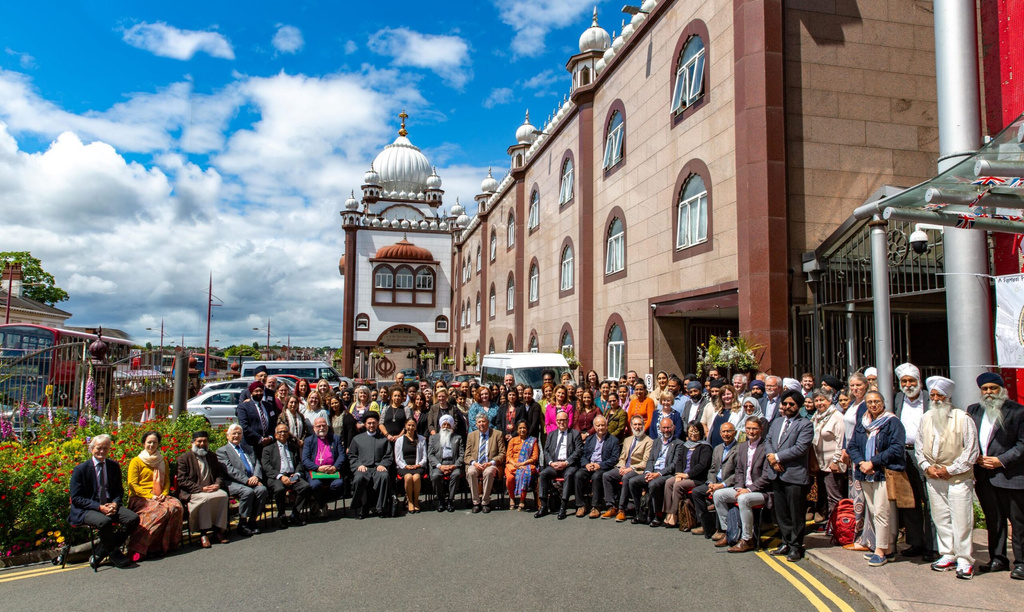
Photo courtesy of Religions for Peace-Europe. Participants of the 2022 Birmingham meeting in Birmingham, England.
Religions for Peace-Europe advances multireligious cooperation among Europe's religious and faith communities for peace, with the commitment of members from 4 regional co-committees: European Council of Religious Leaders, European National Interreligious Bodies, European Women of Faith Network, and the European Interfaith Youth Network.
58
WE COLLABORATE
The Latin America and the Caribbean Council of Religious Leaders (LACCRL) was a critical partner in implementing the KAICIID Fellows Programme in Argentina. The programme offered a critical opportunity for youth leaders to cultivate interreligious dialogue and collaboration, and foster interreligious education through visits to different houses of worship in Buenos Aires.
At the 2022 Meeting of the High-Level Political Forum on Sustainable Development (HLPF), LACCRL hosted a side event to present the best practices developed with the voluntary participation of faith-based organisations in six countries within Latin America and the Caribbean.
advancINg multi-religious collaboration
across latin america & the caribbean
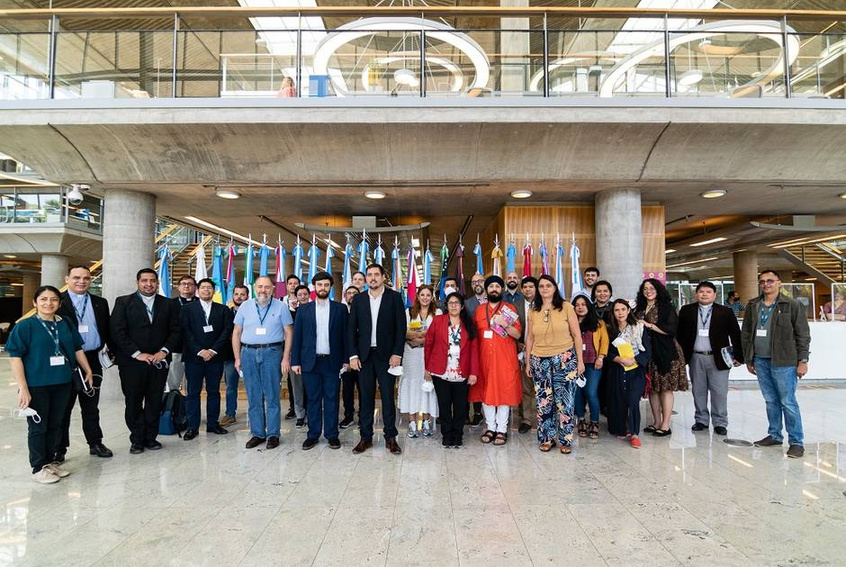
Photo courtesy of KAICIID. Participants of the KAICIID Fellows Programme in Bueno Aires, Argentina.
The Religions for Peace-Latin America & the Caribbean brings together religious and faith communities in the region, through LACCRL, which is one of the five regional IRCs of Religions for Peace.
59
2022 FINANCIAL SUMMARY: total revenue
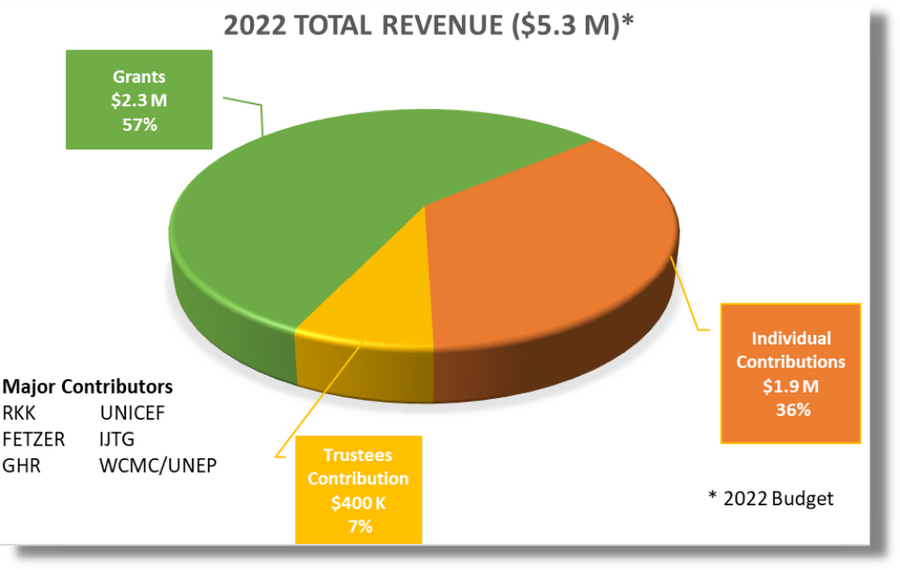
*Please note: Religions for Peace will begin its 2022 financial audit in 2023. These figures are thus an approximation.
Through robust fundraising campaigns and the continued support of our donors, Religions for Peace generated $5.3 million in revenue throughout Fiscal Year 2022.
Religions for Peace expresses its deep gratitude to its major contributors, including Rissho Kosei-Kai, John E. Fetzer Institute, United Nations International Children's Emergency Fund (UNICEF), International Trustees Japanese Group (ITGJ), GHR Foundation, and the United Nations Environment Programme World Conservation Monitoring Centre (UNEP-WCMC). Through their continued support, Religions for Peace made significant progress in the advancement of its mission in 2022.
60
2022 FINANCIAL SUMMARY: total expenditure
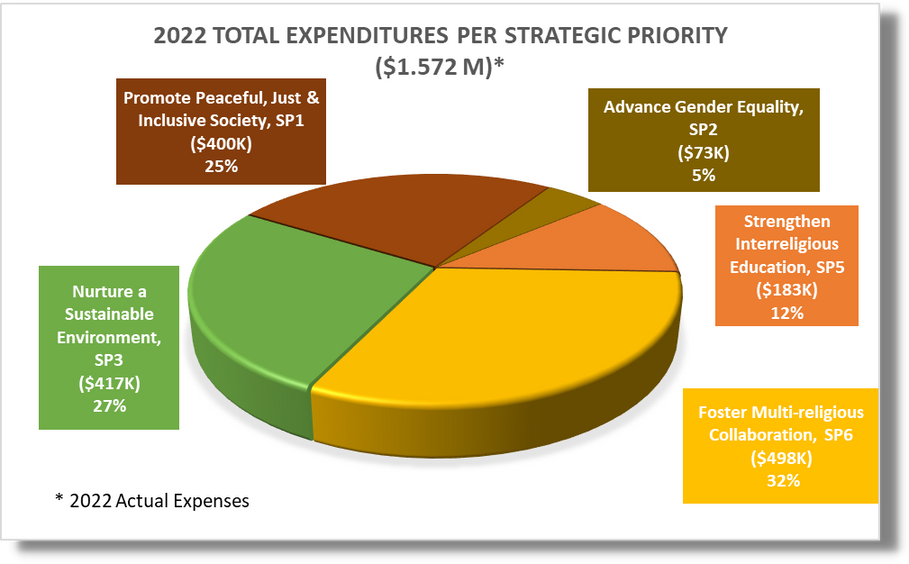
*Please note: Religions for Peace will begin its 2022 financial audit in 2023. These figures are thus an approximation.
Religions for Peace allocated about $1.6 million for the continued implementation of its Strategic Plan 2020-2025.
Through the continued support of our trustees and donors, we utilised 32% ($498,000) of the funds to strengthen multi-religious collaboration and global partnerships; 27% ($417,000) to advance initiatives that nurture a sustainable environment; and 25% ($400,000) to initiatives that promote peaceful, just, and inclusive societies. We also utilised 12% ($183,000) of the funds to cultivate interreligious education, and 5% ($73,000) to support initiatives that advance gender equality for all.
61

777 United Nations Plaza
New York, NY 10017
(212) 687-2163
www.rfp.org






